When you think about wine, technology doesn’t tend to come up. Wine ignites the senses, bringing us pleasure far beyond its humble origins. It doesn’t scream technology. In fact, the wine world has been slow to adopt tech. But, with challenges like fraud and climate change, adopting tech should be a priority.
Thousands of decisions end up in a bottle of wine, from the way it looks, smells, and tastes to the way it ages. Leveraging technology enhances these decisions and increases profits.

Tech Definitions
Significant tech trends in the wine business include Big Data, AI, IoT, and Blockchain. Let’s clarify these first.
- Big Data: giant informational databases, cleaned up in a usable form. The focus is on insight.
- Artificial Intelligence: a computing method that builds in adaptation and learning through iteration and analysis. The focus is on decision-making.
- IoT (Internet of Things): sensors connecting machines and devices for remote communication and control. The focus is on performance and efficiency.
- Blockchain: a decentralized digital ledger for recording unalterable transactions. The focus is on tracking, transparency, and security.

Tech in the Vineyard
Planting and growing a grapevine for fine wine seems simple enough. But we know from the monks in Burgundy that growing grapes for fine wine is more complicated.
Vineyard managers use different tech tools to improve crops, manage costs, and track environmental impacts. With more precise viticulture, they can increase efficiency, reduce disease, and maintain quality.
The best time to implement advanced tech is when planting a vineyard. Then, verifying origin and quality from grape to bottle is no problem.
Owners use high-tech tools to locate prime vineyard land with the right climate and choose the best vines for the location.
In the vineyard, IoT sensors automatically collect data such as:
- weather patterns
- sun exposure
- rainfall
- pH
- nitrogen levels
- soil conditions
- humidity
- wind direction/speed
Merging this data with historical data lets growers make real-time decisions, quick adjustments, and identify long-term trends.
Irrigation, frost protection, drought, and potential fire conditions are critical issues. GPS maps show soil drainage patterns to help growers manage water resources.
Data from drones helps identify potential areas of concern in the vineyard.
Estimating crop yields, a difficult process, becomes more accurate with the right tools.
Robust data supports decisions about dropping fruit, ripening, and harvest. Infrared light is used to determine optimal harvest time and picking order.
With data about fertilizers and pesticides, managers improve decision-making about application and timing. Faster diagnosis improves organic and biodynamic farming.
A new idea for pest and mildew management uses blasts of hot air, instead of chemicals, to reduce insects and disease.
Growers used advanced tech tools to determine which vines suffered from wildfire-induced smoke-taint.
Another tech innovation turns grape pomace into biofuels. Pomace is the spent skins and seeds left after pressing.

Tech in the Winery
Advanced technology helps wineries oversee quality from the vineyard to the bottle. Automated systems can help them track the entire supply chain. These systems record details at every level:
- receiving, sorting, pressing grapes
- adding yeasts or other ingredients
- tank fermenting
- barrel aging
- quality testing
- bottling and ingredients labeling
Optical sorting equipment automatically removes extraneous material from grapes. These machines can also more accurately determine ripeness or sunburn.
During fermentation, attaching RFID tags to batches of grapes tracks their journey to the bottle.
In the cellar, changes in temperature, light, and humidity impact aging. Embedded smart sensors monitor these conditions.
Tech tools simplify inventory management. Predictive AI leads to better forecasting and order fulfillment. Improved margins result from fewer:
- supply chain errors
- lost revenues
- costly adjustments
- write-offs
Tech innovations address environmental concerns. For example,
replace water-based tank and barrel sterilization with high-tech ultraviolet light
lighter packages such as flat bottles or bottles created from sugars or cornstarch
rainwater capture or managing recycled, treated wastewater
Richer data informs marketing insights for wine clubs or customer segmentation.
On the consumer side, wineries can use tech tools to:
- engage consumers with QR codes or VR (virtual reality) “labels”
- offer hard to find information like ingredients or organic certifications
- deliver fun, interactive tasting room experiences with VR or hologram technology
Upgrading DTC sales systems makes shopper ordering easier.
In the back office, owners can simplify complex tasks like tax and regulatory compliance.
High-end wineries will appreciate Blockchain’s confidentiality. Their intellectual property remains secret, so their prices remain high.

Tech in Wholesale Wine Distribution
The wine supply chain is long and complex with many participants. Blockchain technology provides secure, transparent, and verifiable transactions throughout.
Incorporating sensors and tags makes tracking everything more accurate, faster, and more efficient.
- products, orders, pricing, promotions, discounts, credits, returns
- inventory, transportation, storage
Blockchain reduces the risk of default, contract breach, product damage, and human error. Advanced mobile tech makes communication faster for salespeople and customers.
Automated warehouses with smart robots improve inventory management reducing waste, spoilage, and theft.
Integrated technology improves sales reporting and forecasting. Stronger data integrity leads to more accurate, robust business analysis.
More efficient processing of accounts receivable and payable saves time and money. Flexible pricing tools increase customer satisfaction and improve margins.

Tech in the Retail Trade
Retailers use smart technology to manage inventory. Tech tools accurately track deliveries, orders, breakage, returns, discounts, and sales.
Through predictive AI, smart technology, storytelling, or “gamification,” retailers can offer consumers:
- personalized recommendations, subscriptions, loyalty programs
- micro-targeted special offers, discounts, coupons
- convenient, easy shopping
- engaging, satisfying experiences
Tech helps capture more in-store sales when customers are ready to buy. Robotic store assistants lead shoppers to the wine they want.
AI customer service bots answer customer questions, reducing call volume. They can send automatic reminders to consumers to resolve abandoned carts.
VR can direct customers to different wines based on their shopping history. Shoppers could take a virtual vineyard or winery tour, search for more detailed information, or provide reviews.
Wine vending machines use biometric scanners to check a customer’s age. Customers pay with their smartphones.
The future of restaurants may include robot waiters recommending wine and food pairings.

Tech for Consumers
Wine lovers want to travel with wine from the vineyard to their door. Mobile apps read QR codes or holograms from a bottle of wine and share the wine’s story. Voice assistants (Alexa/Siri) function as personal sommeliers.
The use of Blockchain and other smart technologies offer consumers many benefits:
- access to reliable product detail, ratings, reviews
- follow a product’s transportation and storage
- make it easier to find organic or biodynamic wine status
- find a retailer that carries a specific wine or category such as low- or no-alcohol wine
- fast shipping by drone
Marrying AI and chemistry, labs are now creating wines without grapes.
Even the lowly corkscrew underwent a tech revolution. Now wine drinkers can have a glass without opening the bottle.

Tech for Investors
Growing fraud and counterfeiting keep many collectors and investors out of the market. Buyers need trusted information about:
- grape variety, producer, vineyard, cellar conditions, production methods
- ingredients, packaging, transportation, storage, ownership
Blockchain smart contracts ensure authenticity through a detailed, verifiable ownership chain. New wine appraisal processes will involve scanning tags. In the future, wines without proper Blockchain verification will be difficult to trade.
Automated trading will grow. Choice will expand. Pricing will be more transparent. Investors will find it easier and less expensive to buy investment-grade wine and wine futures.
Tech in Government
Paying taxes and duties will be easier to calculate and manage. Tax receipts will increase, and fraud will decline. But, we’ll see more regulation and legislation.

Tech in Space
Grapevines suffer noticeably from the impacts of climate change. Because of this sensitivity, 320 vines plus some finished wine went to the International Space Station. Upon their return, the ISVV* in Bordeaux, France, will determine if vines grown in space are more resistant.
*The ISVV is the Institut Supérieur de la Science et du Vin.
Learn more about wine trends at bighammerwines.com.
Big Hammer Wines
The wine experts at Big Hammer Wines taste thousands of wines every year from around the globe, looking for quality and value. This special offer reflects the passion we have for our clients.
Discover the world through its wines, Click Here! Visit Bighammerwines.com and become a wine expert!
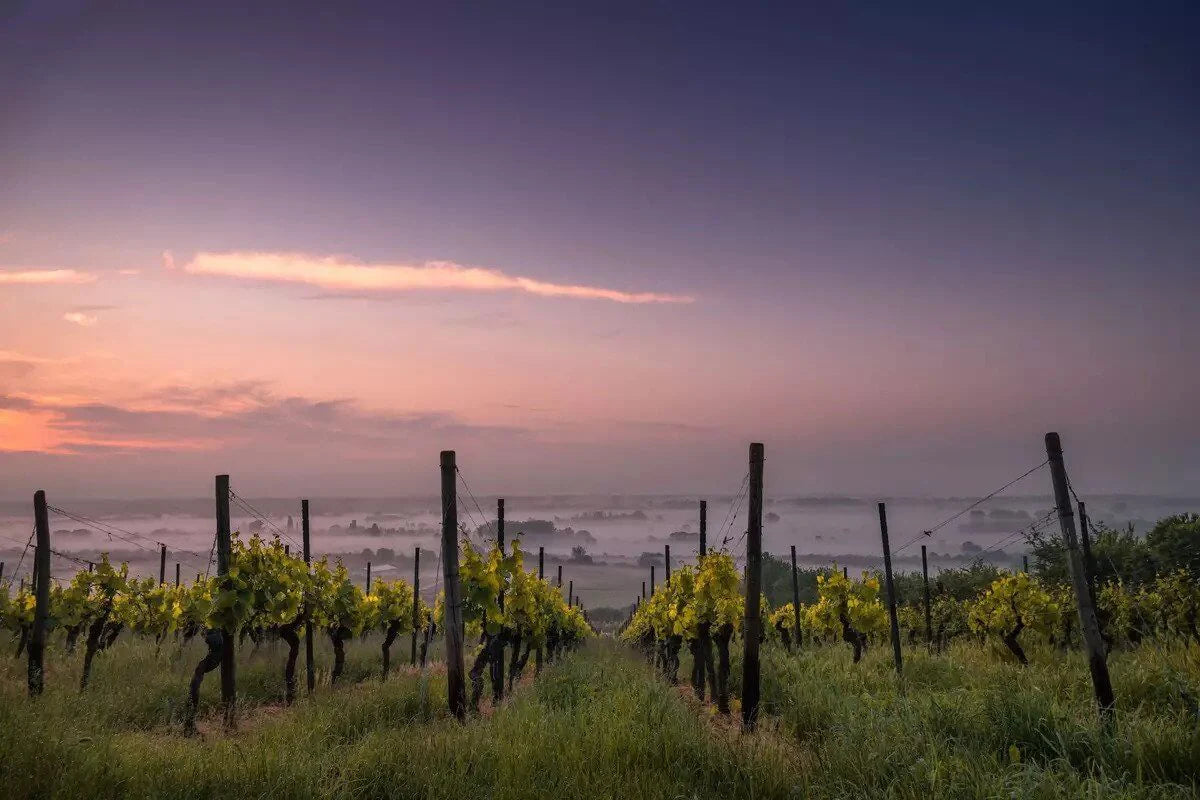
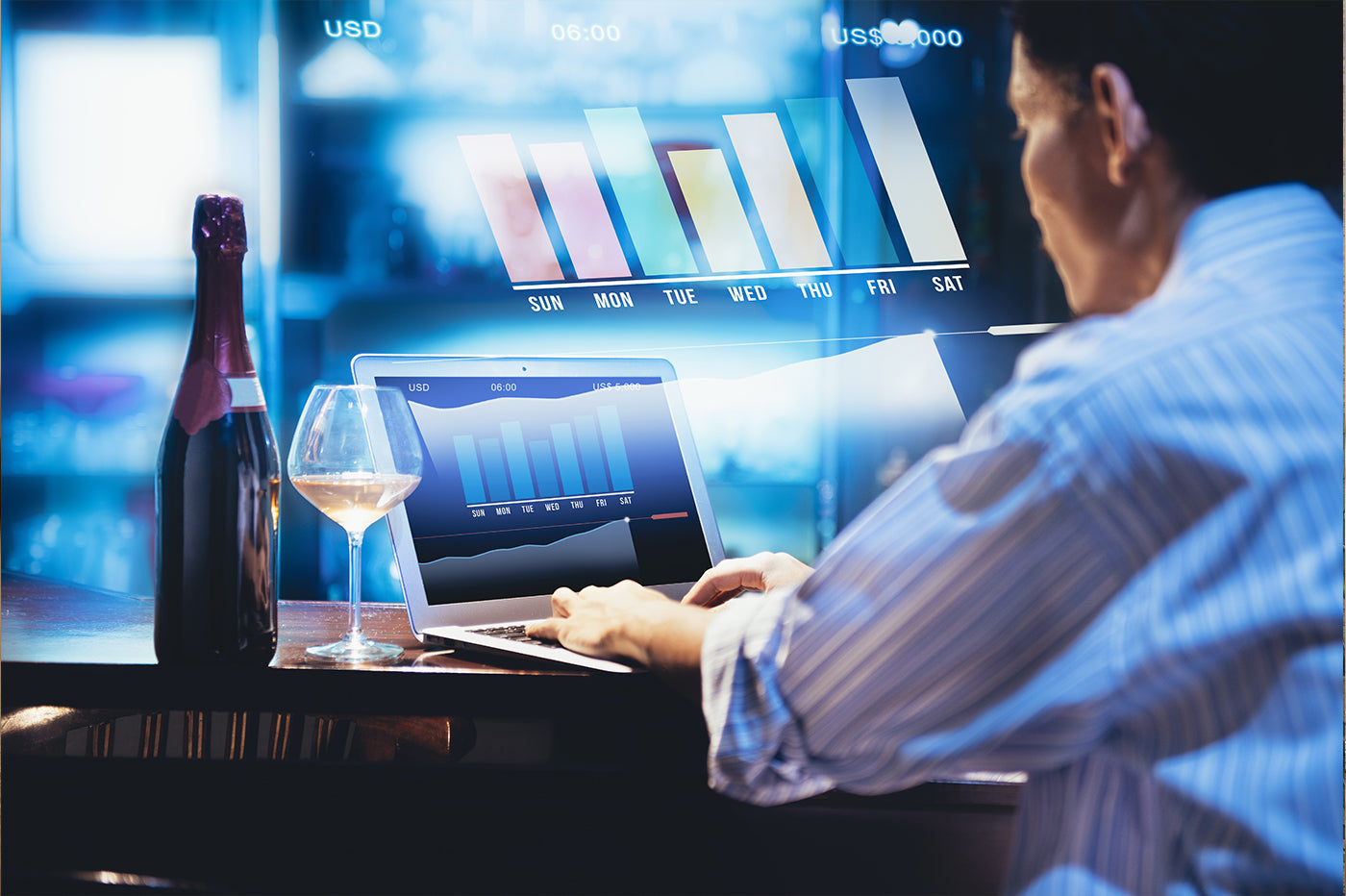
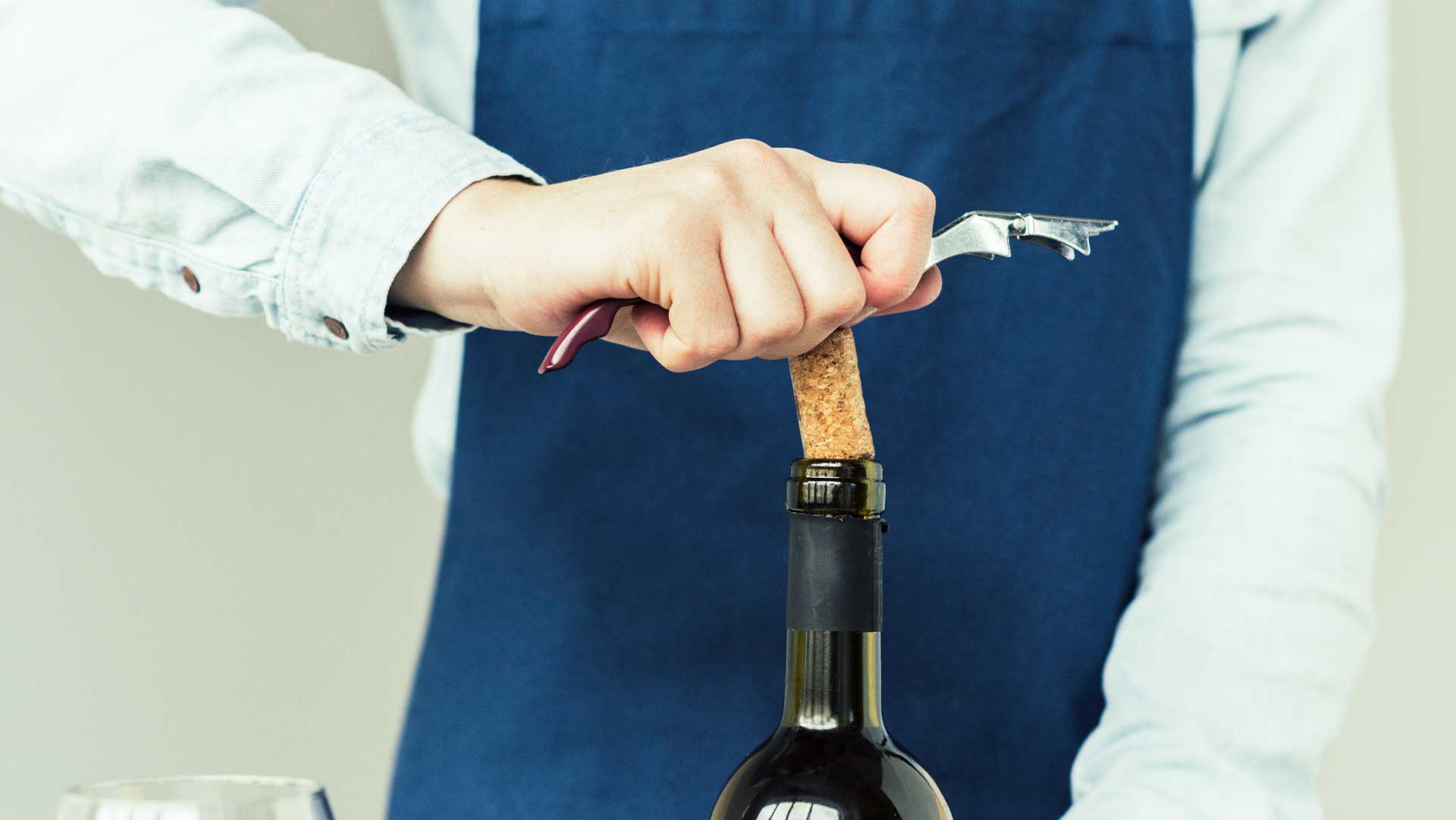



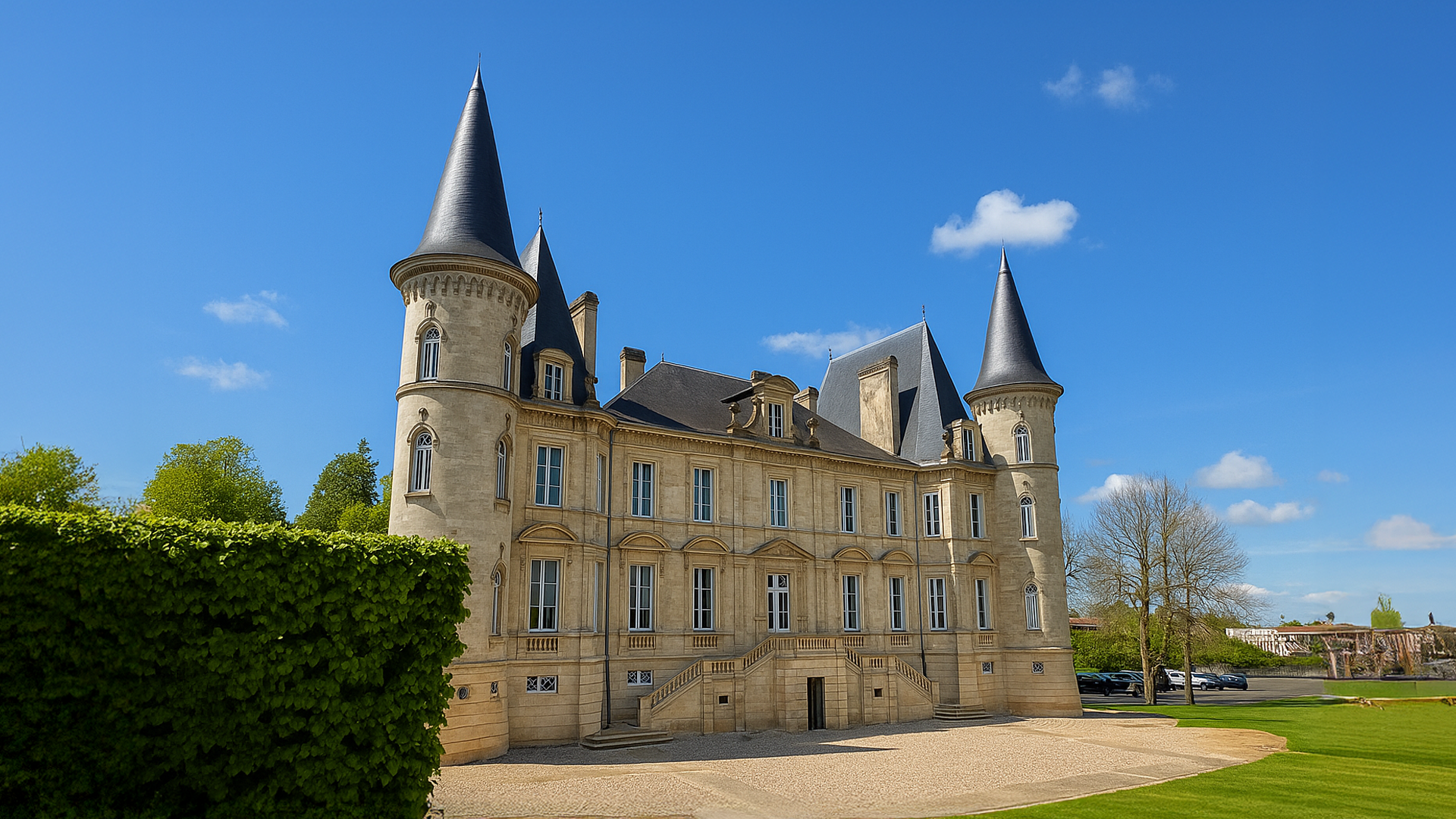
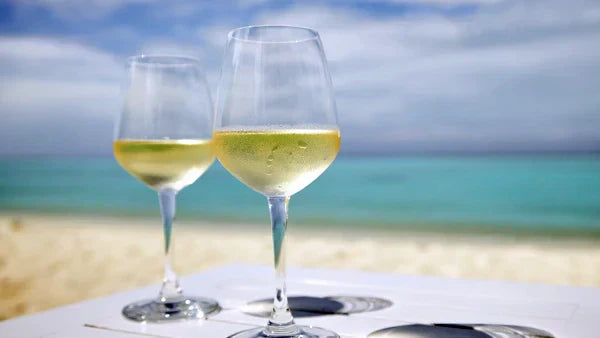
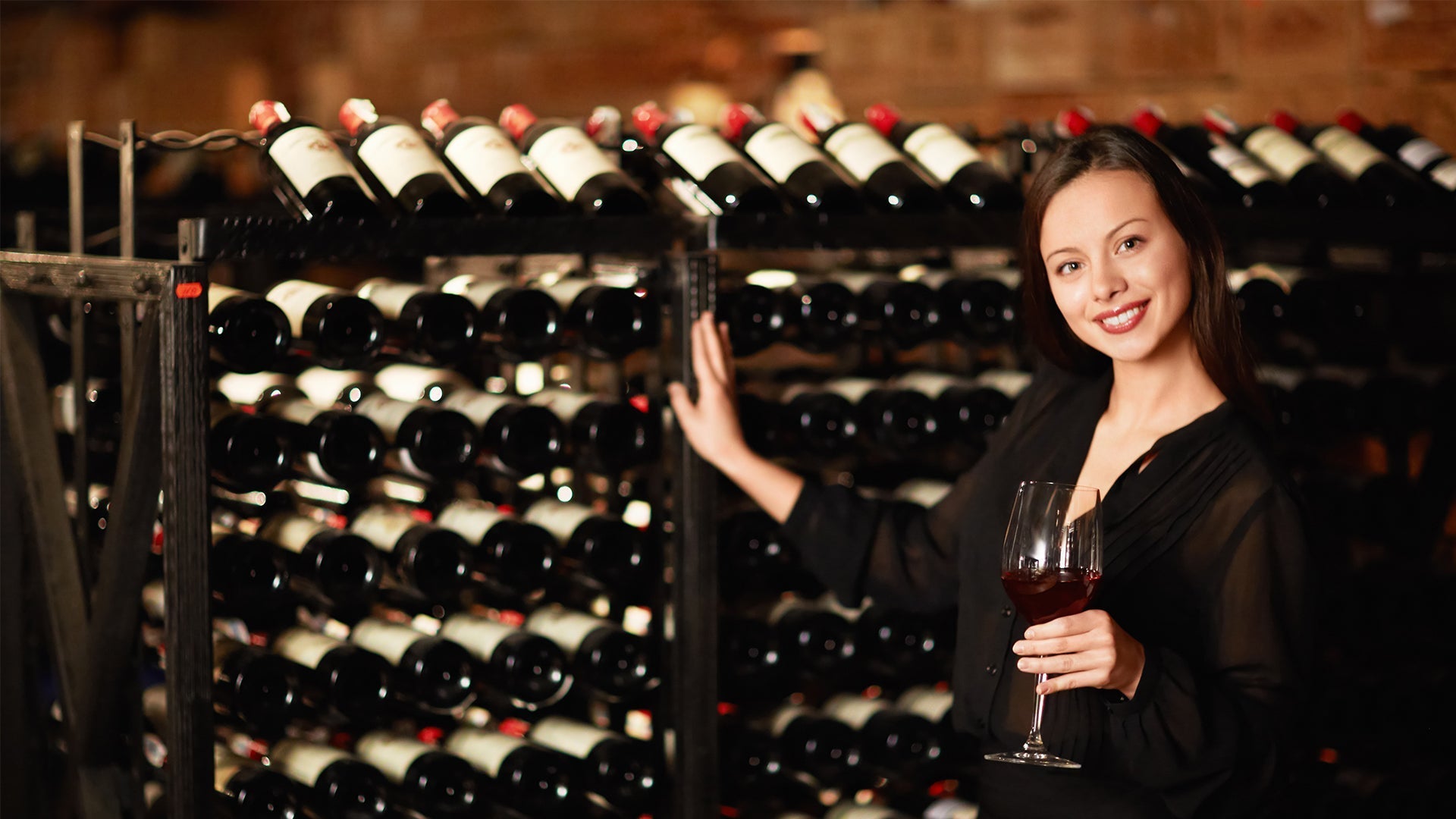

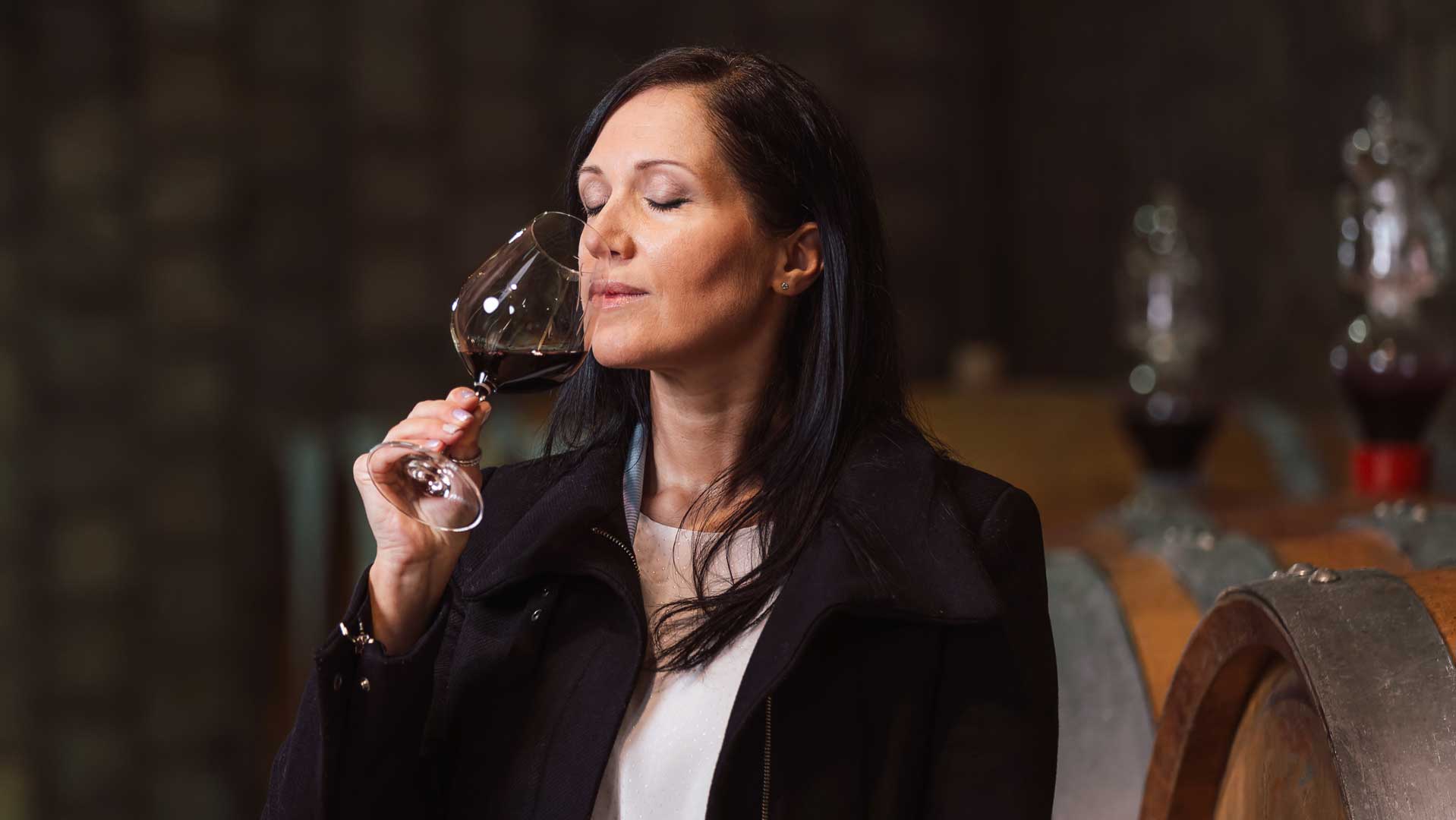
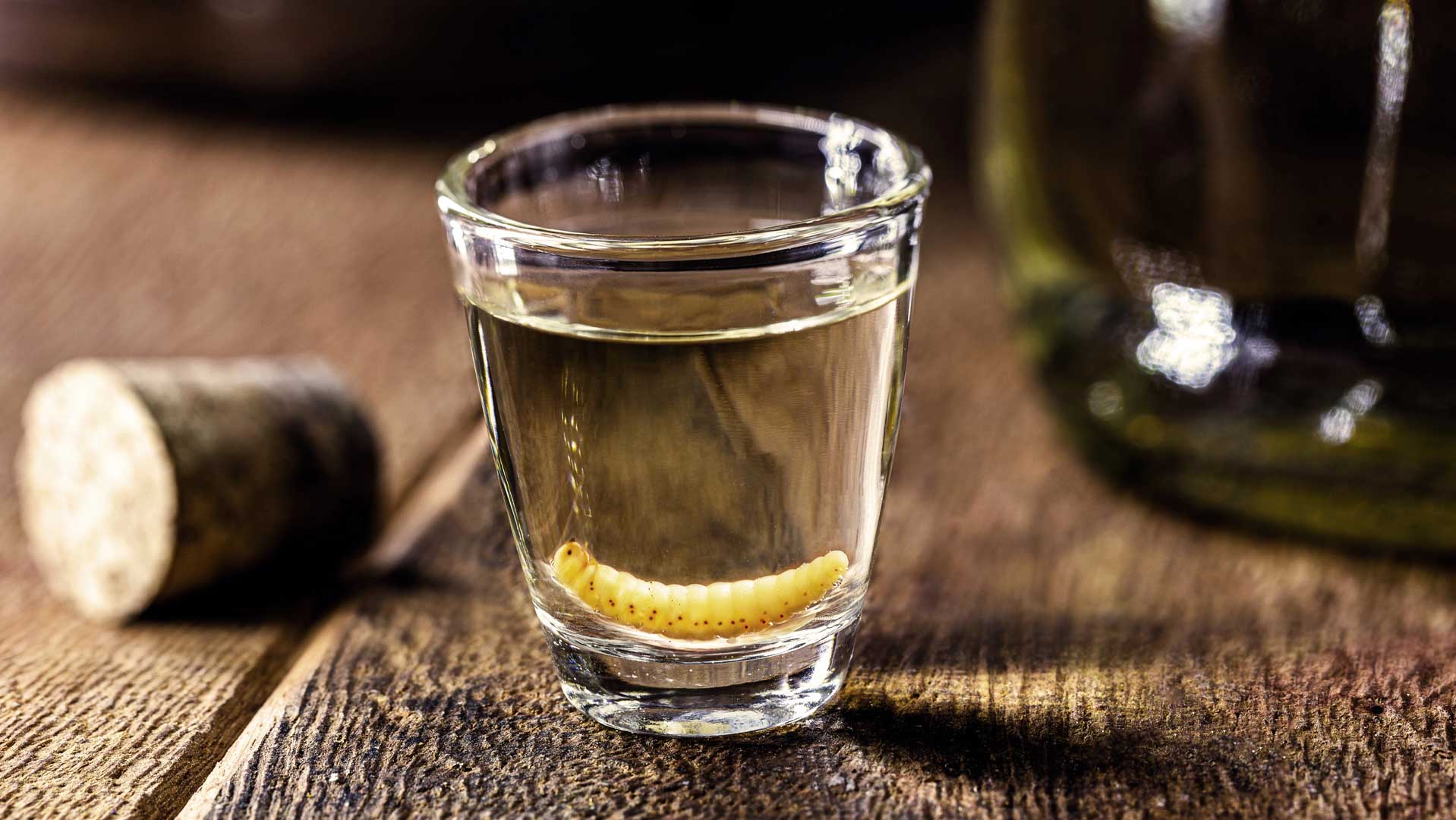
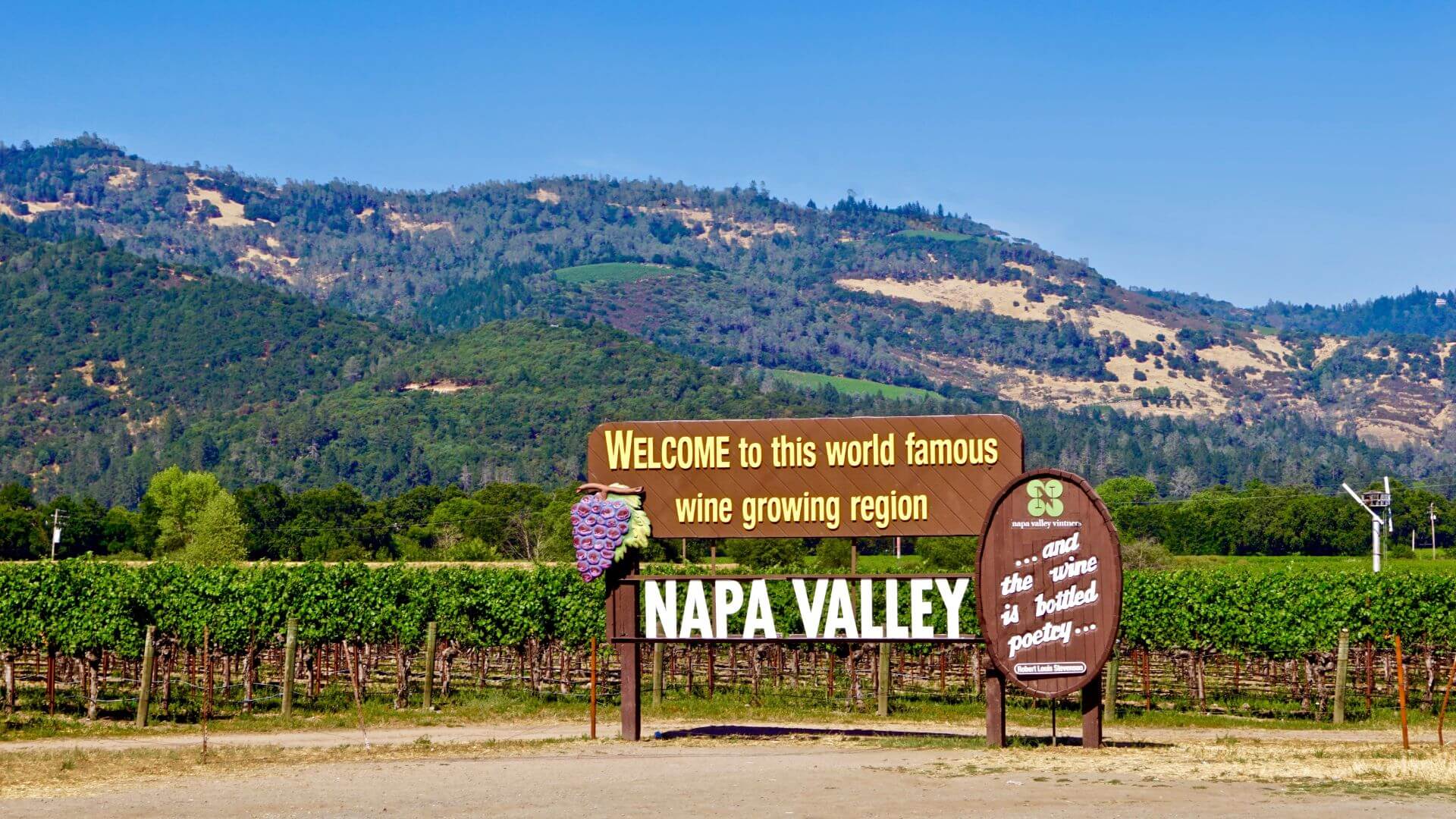

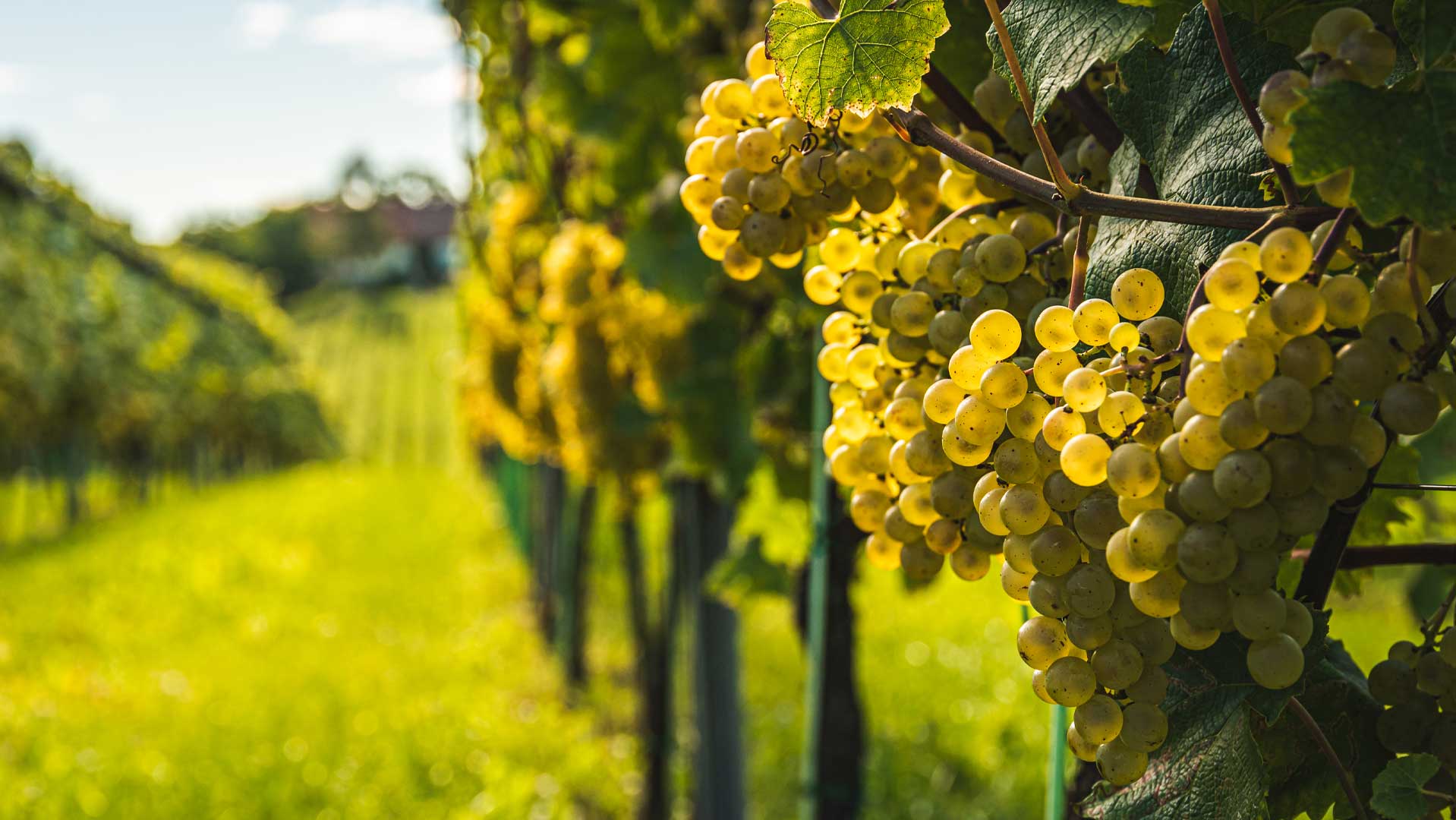
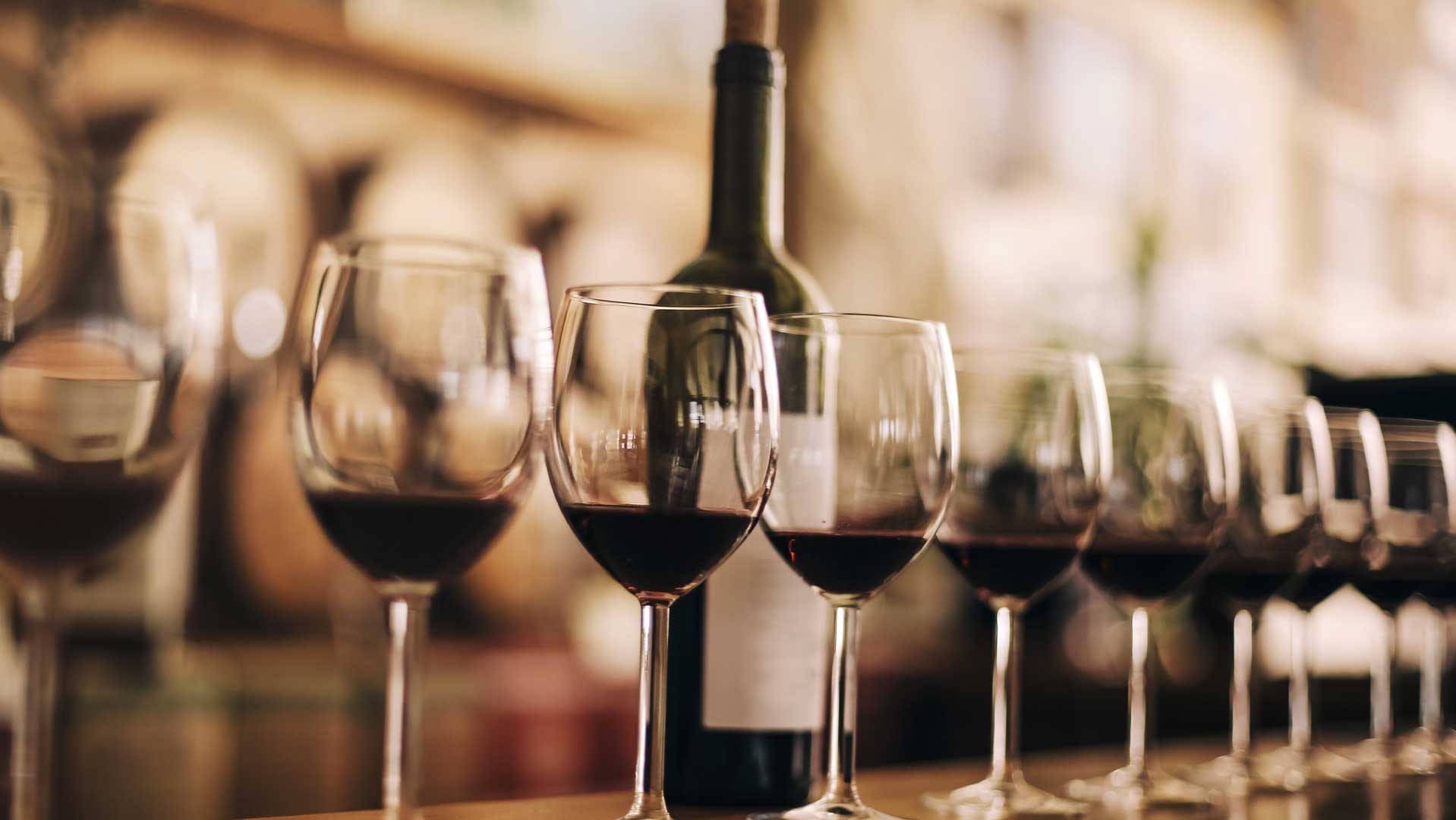

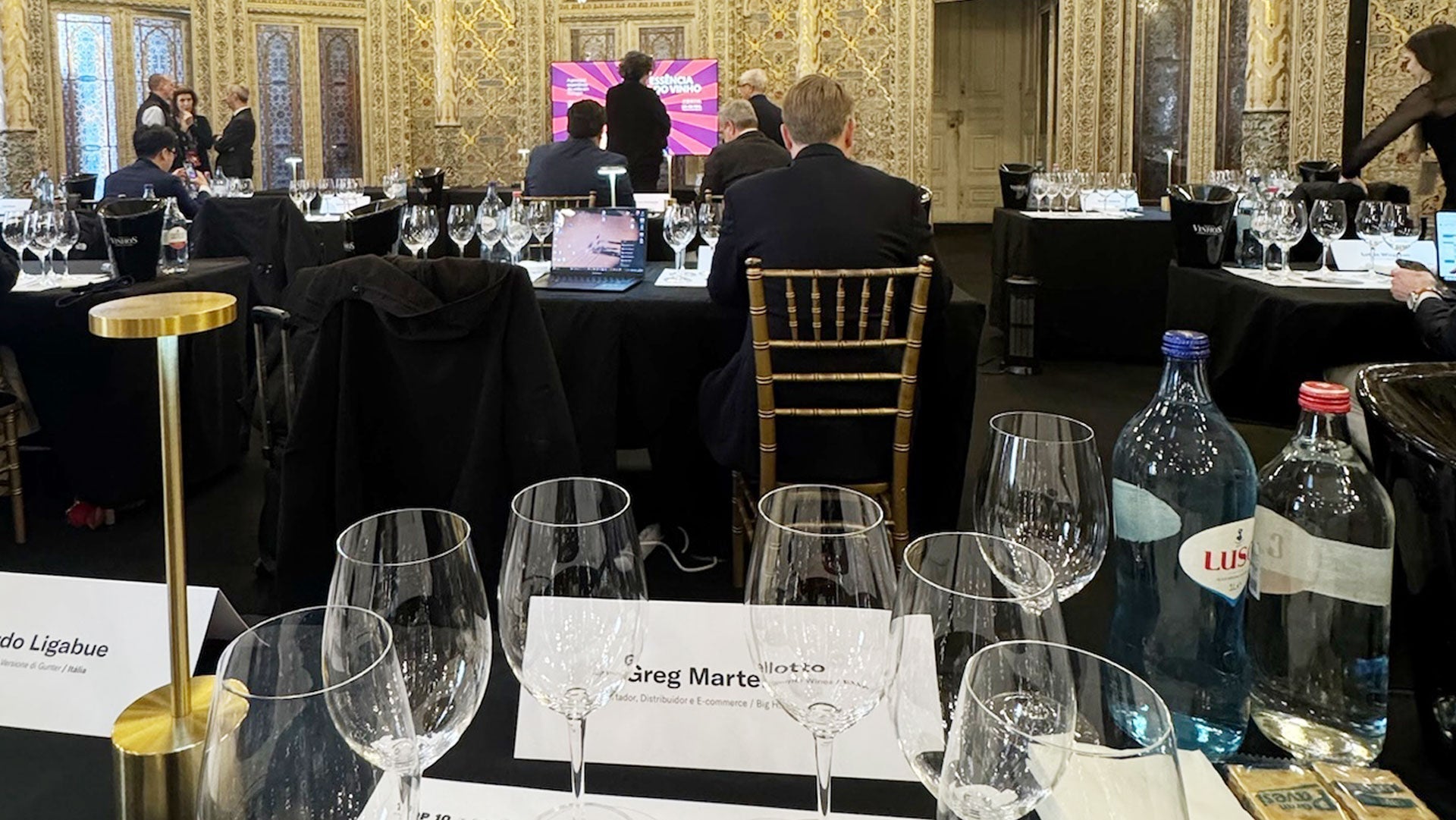

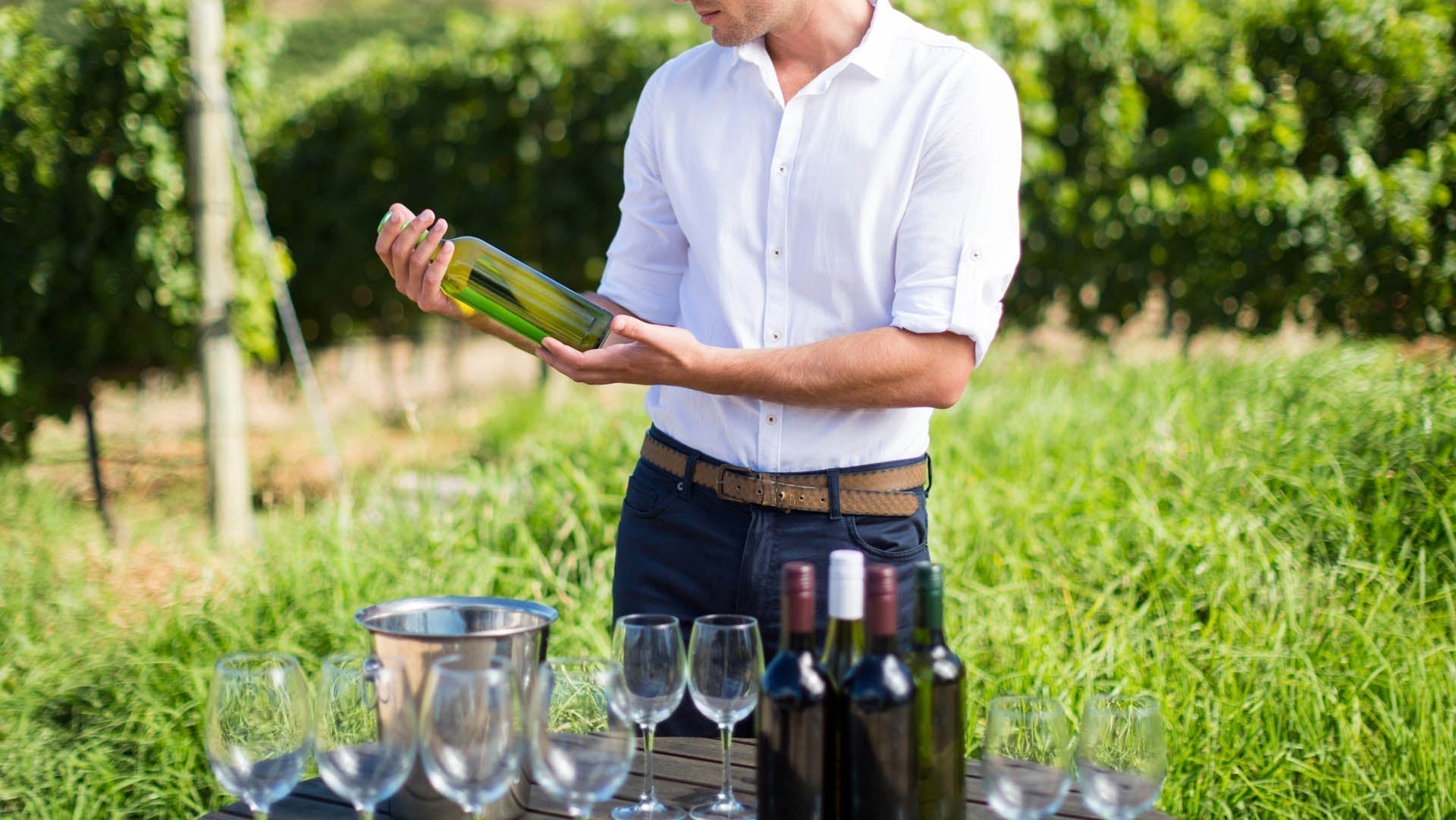
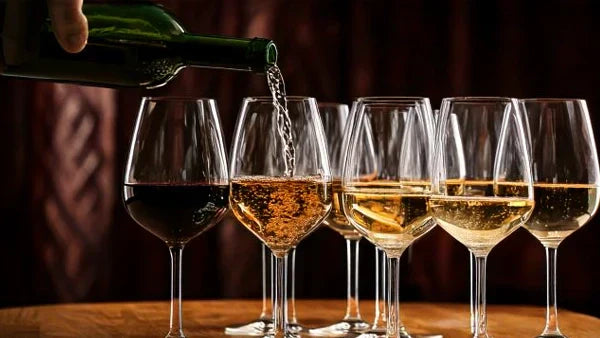
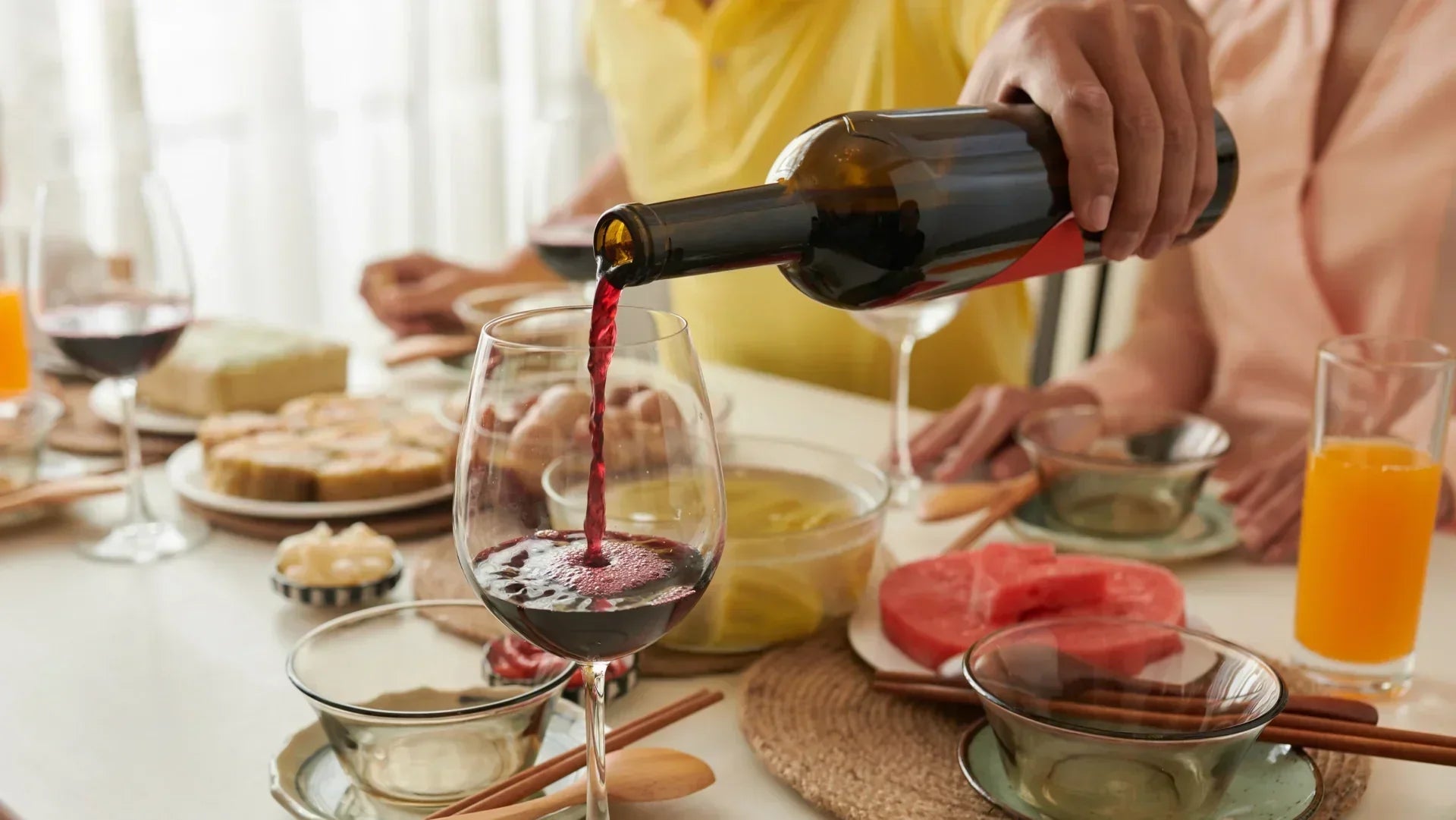
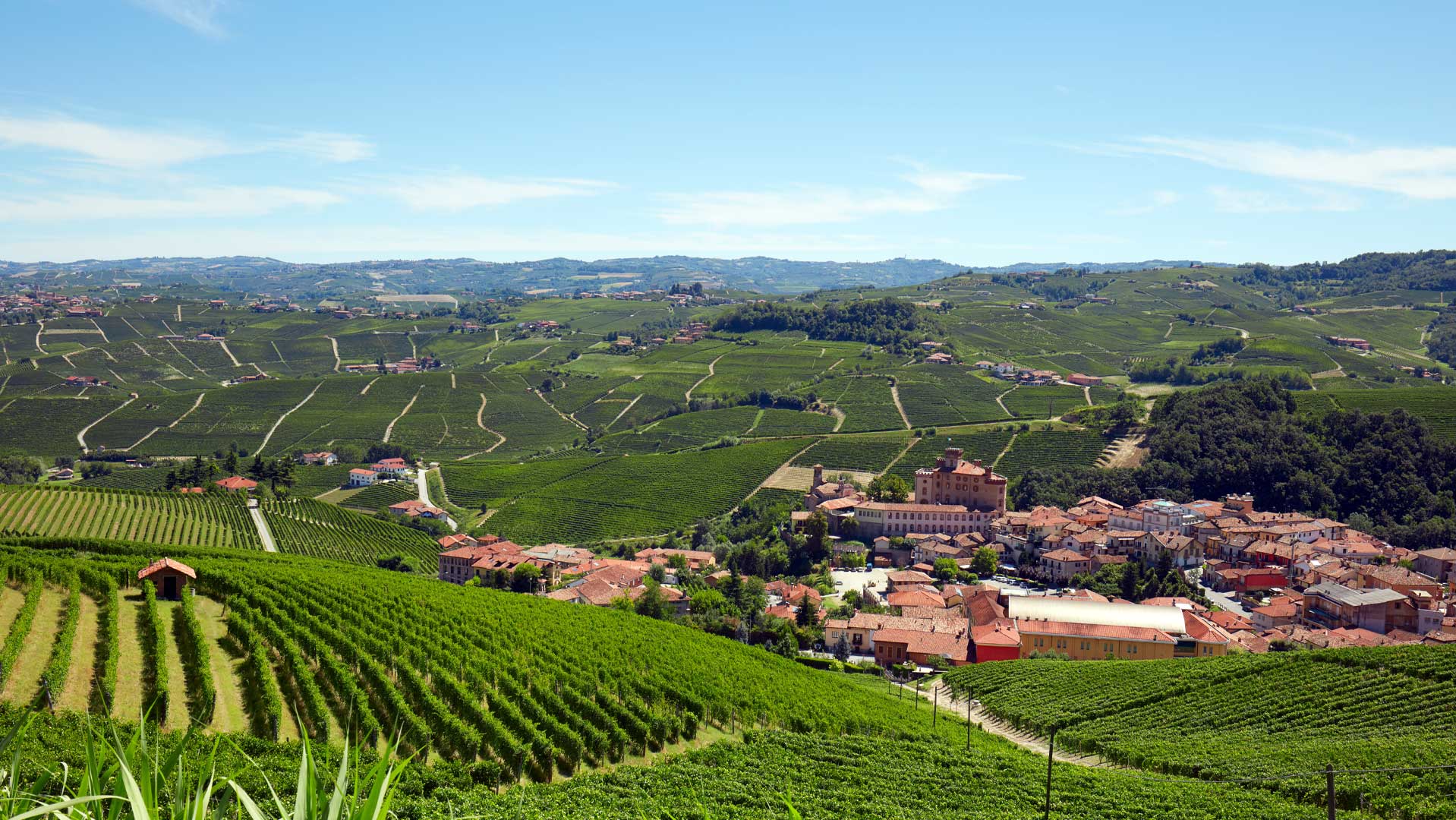
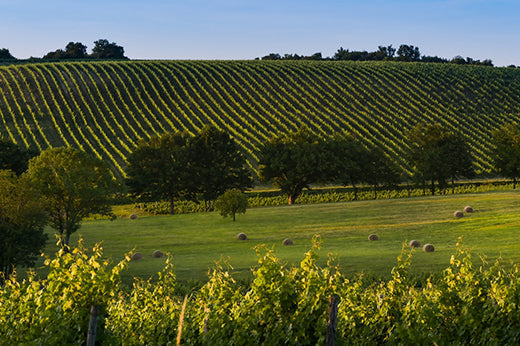

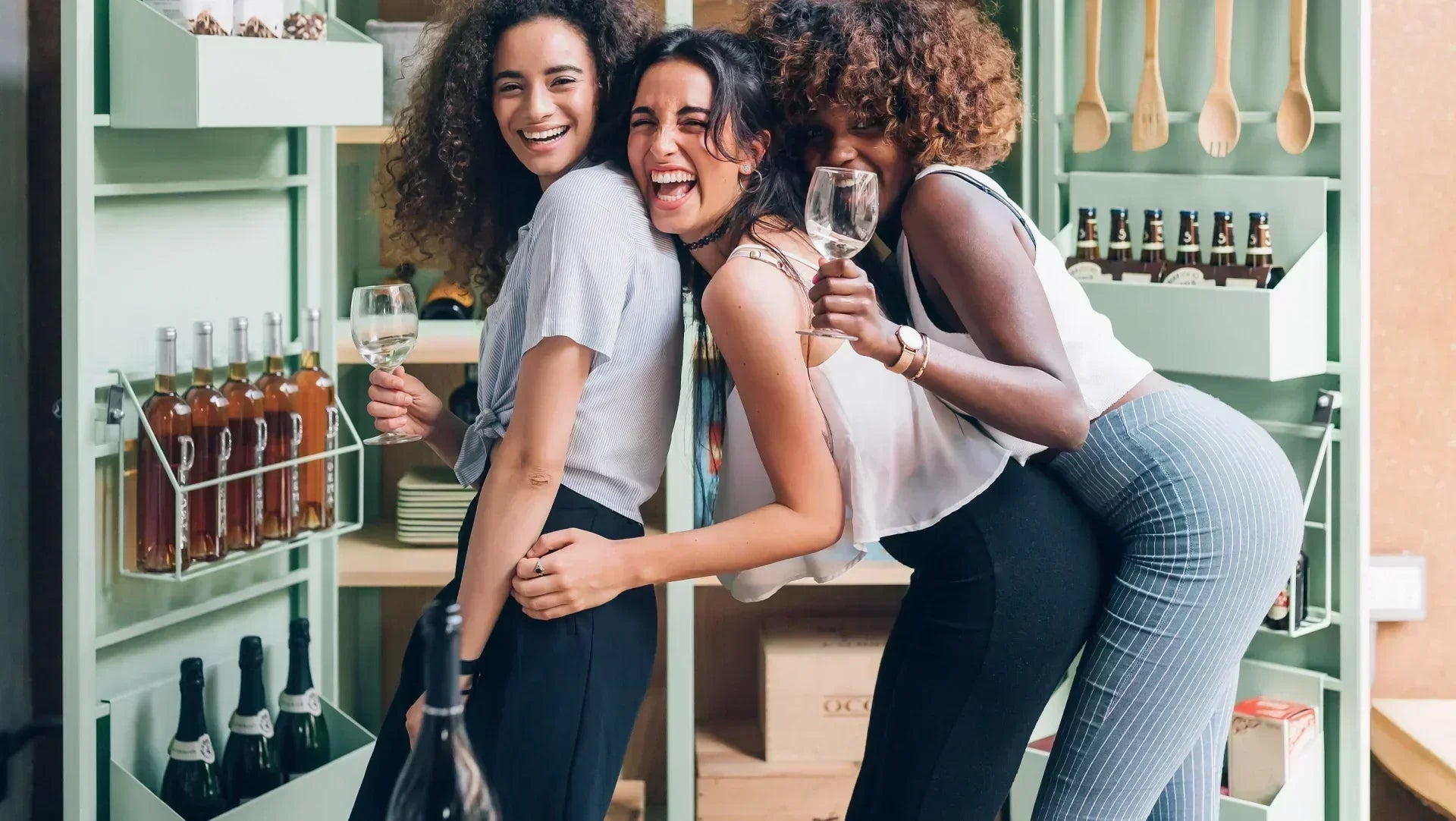



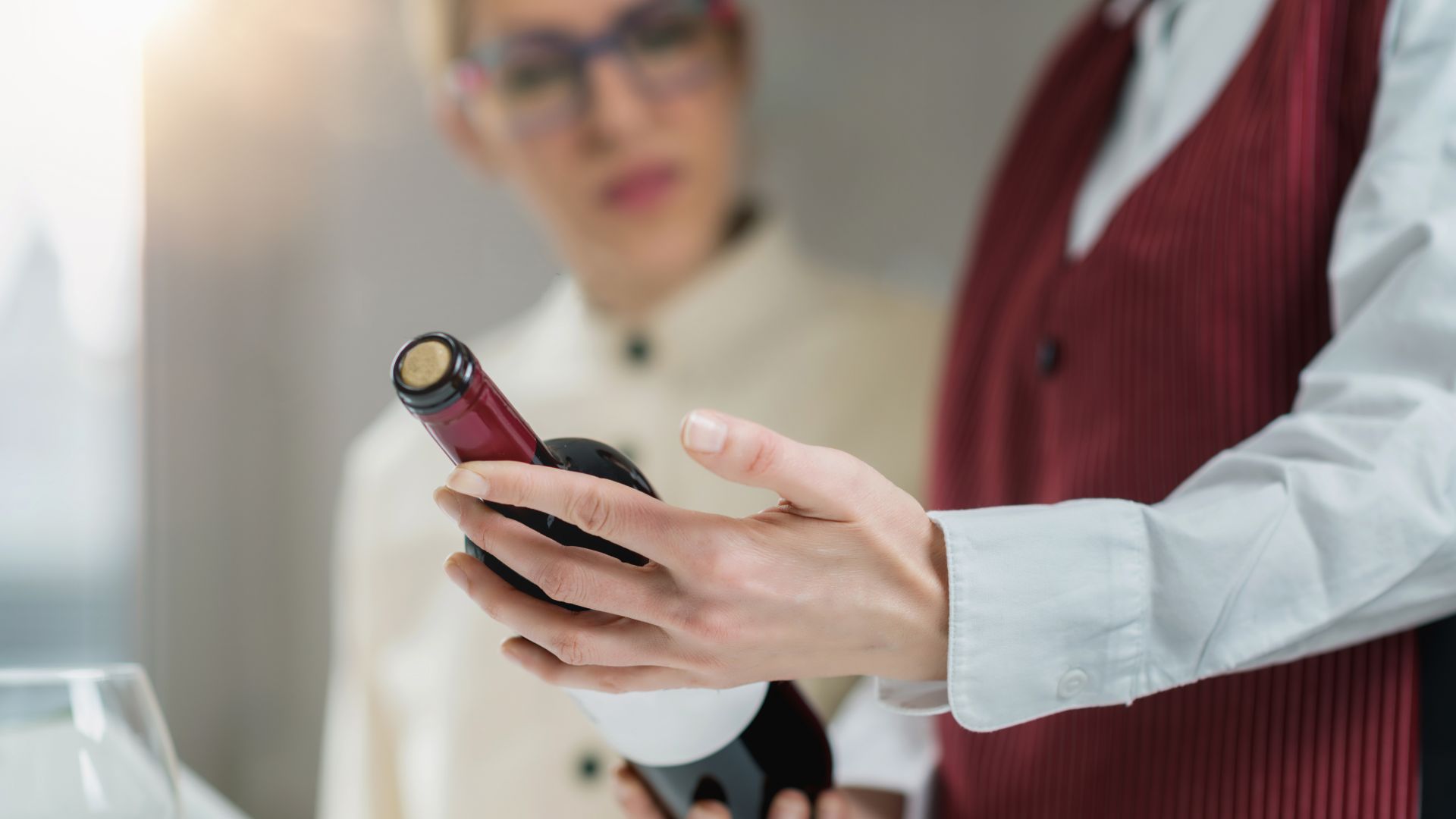
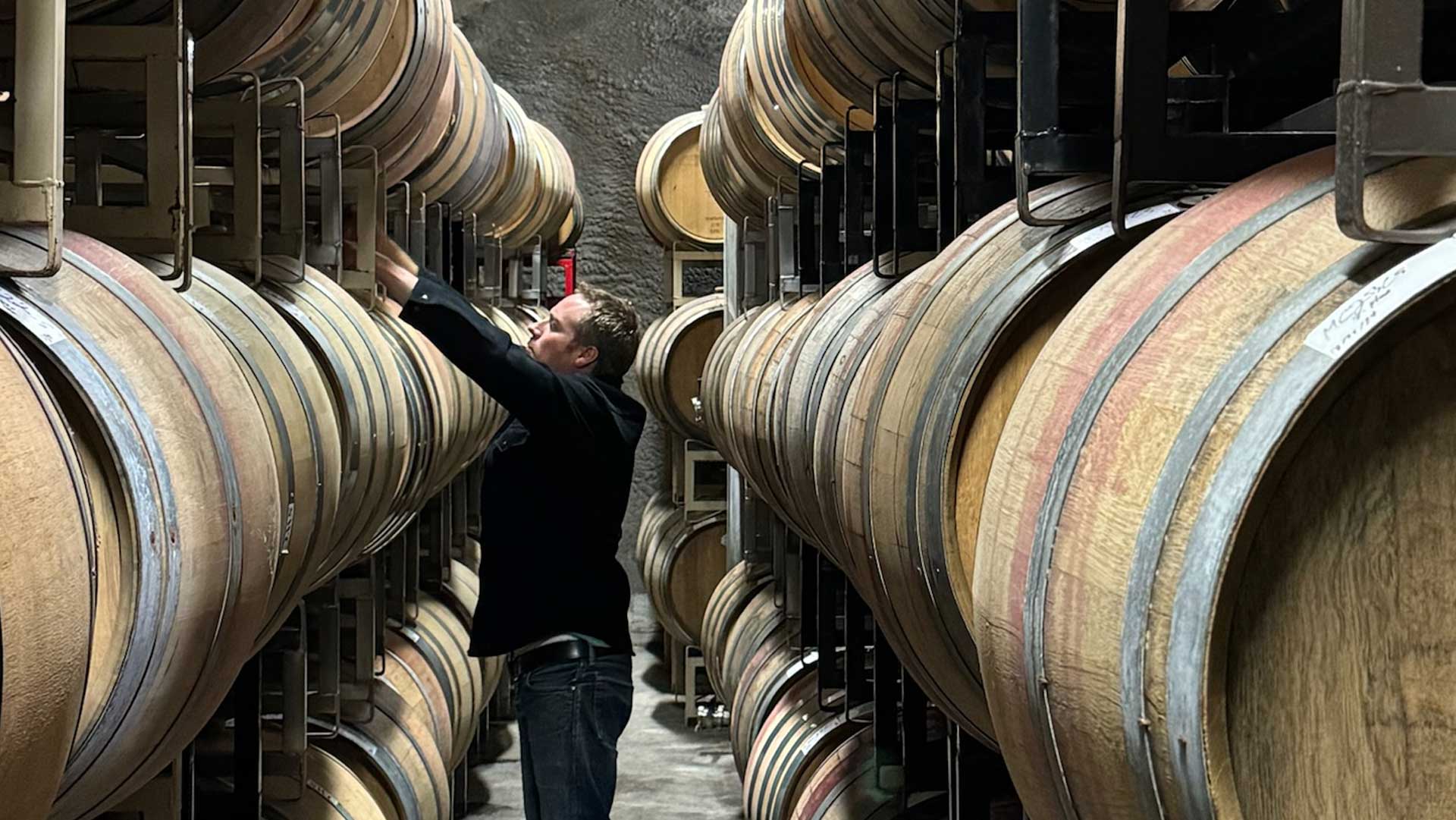
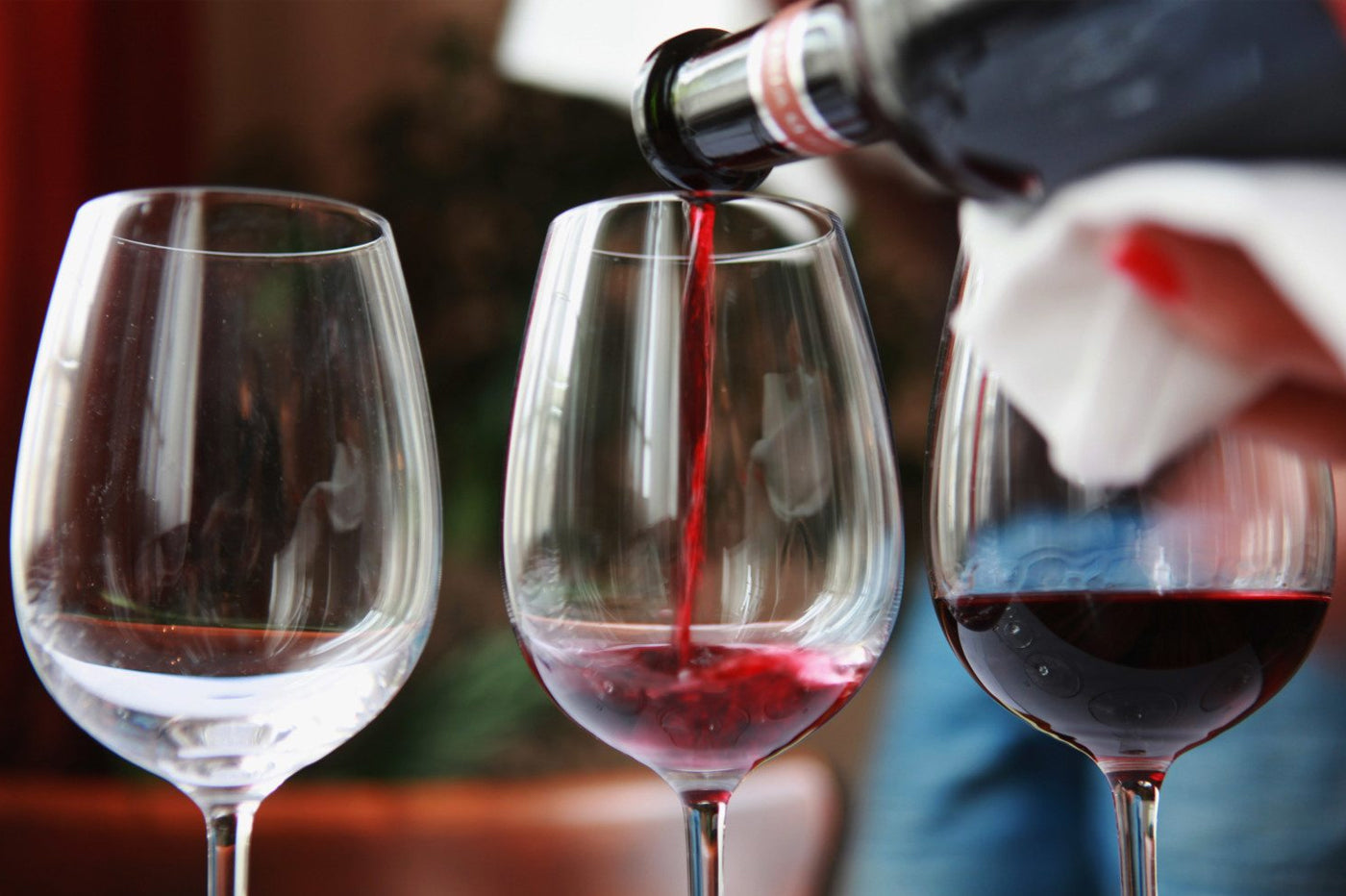
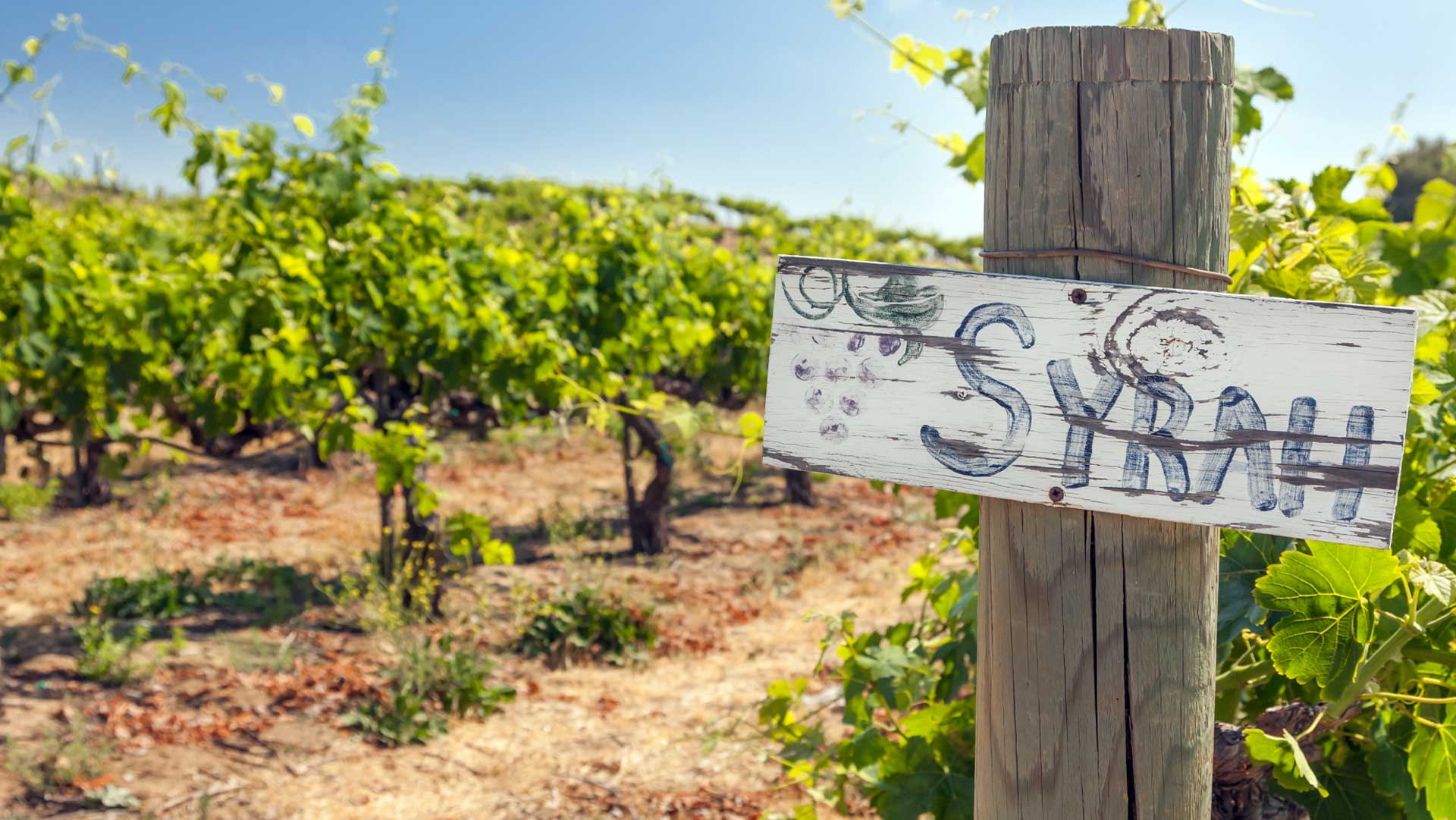
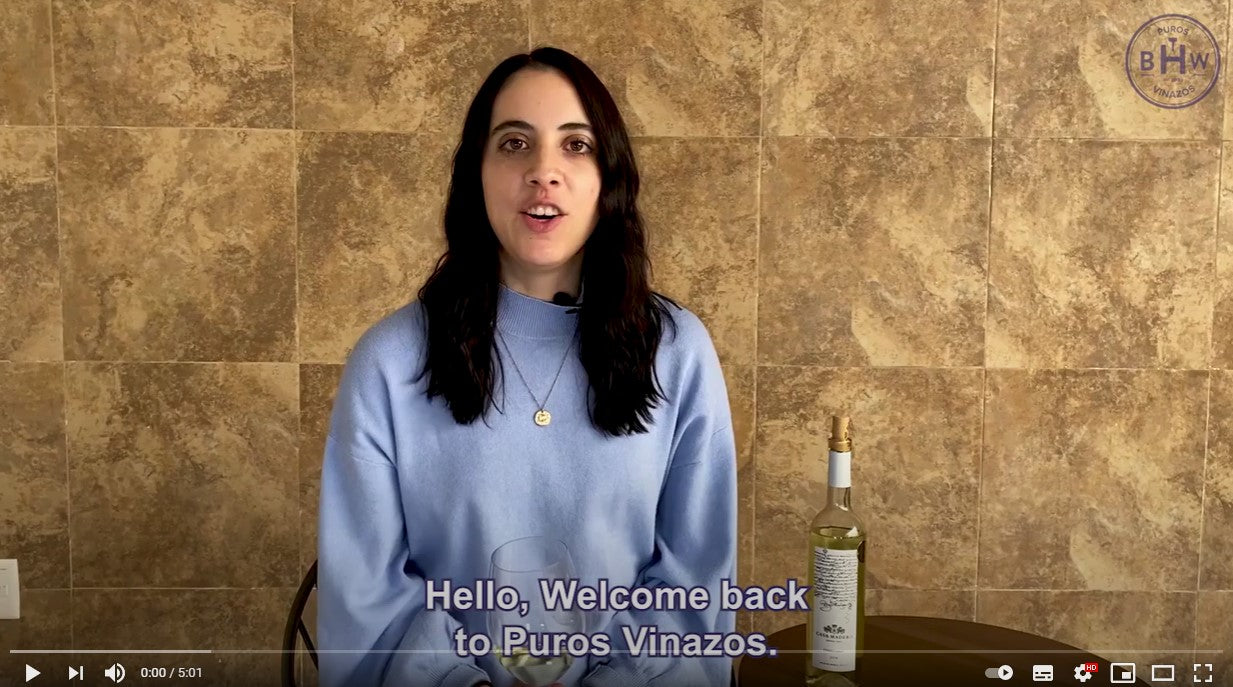
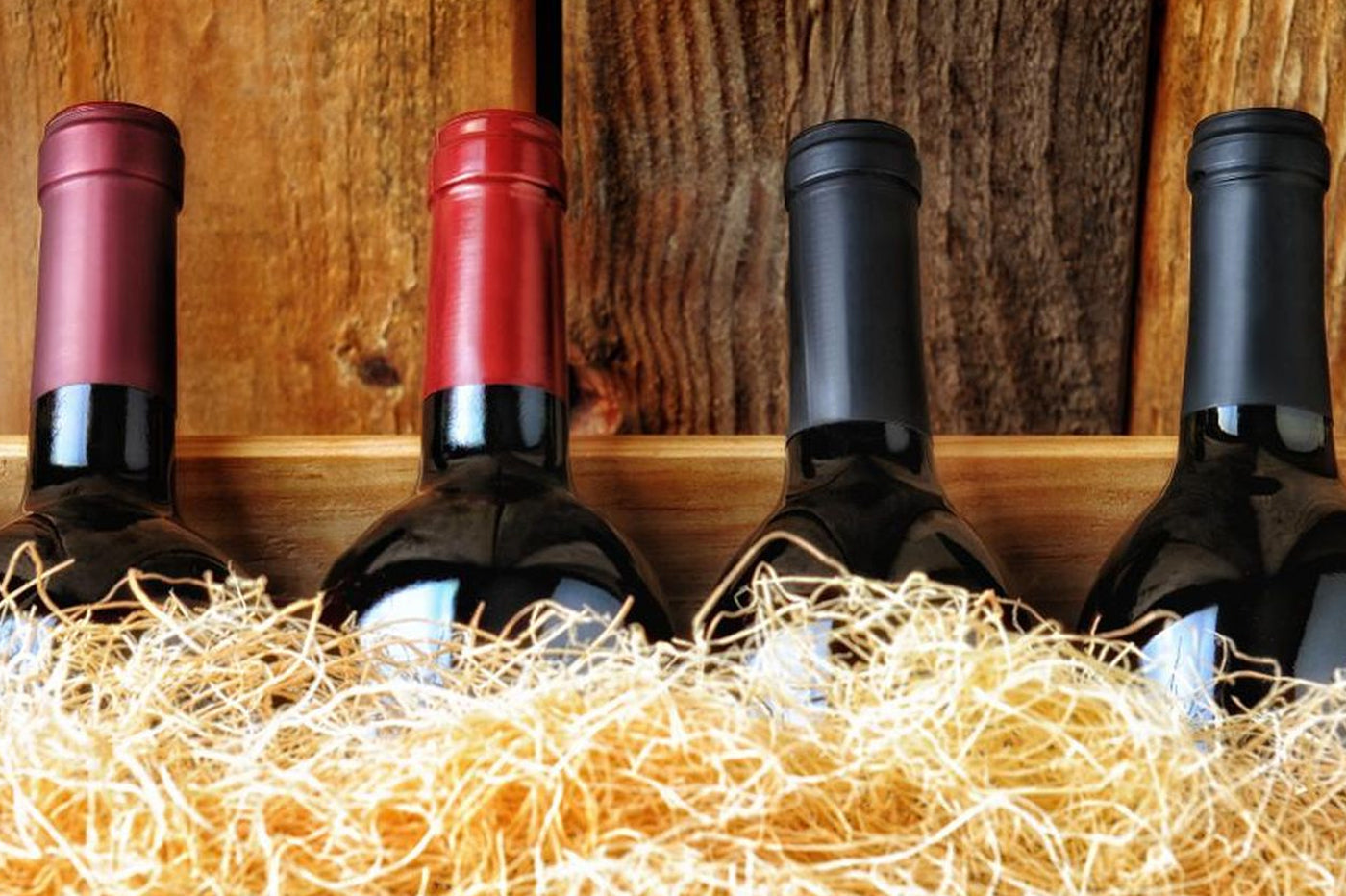
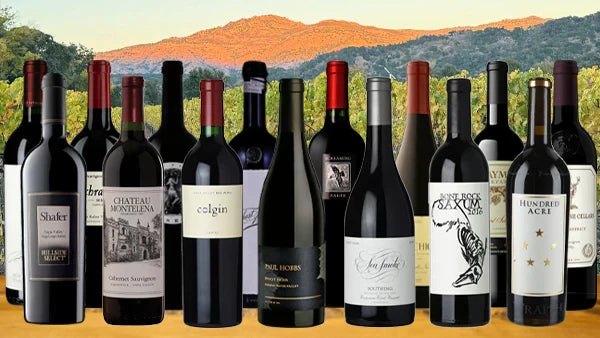
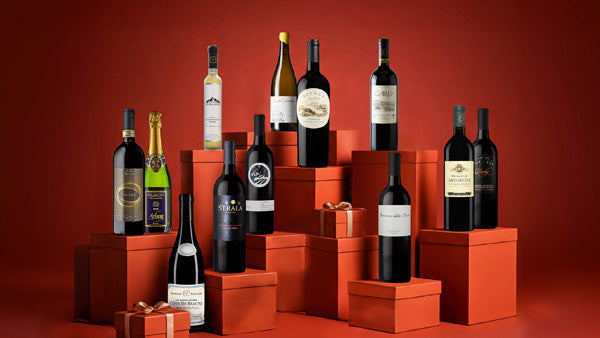
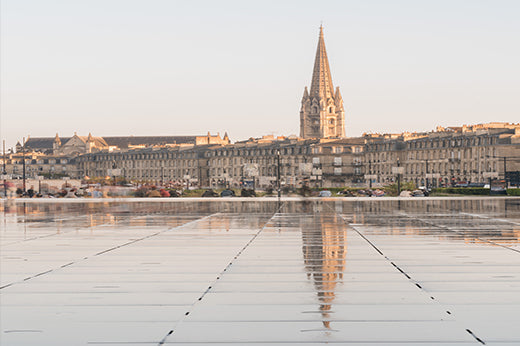
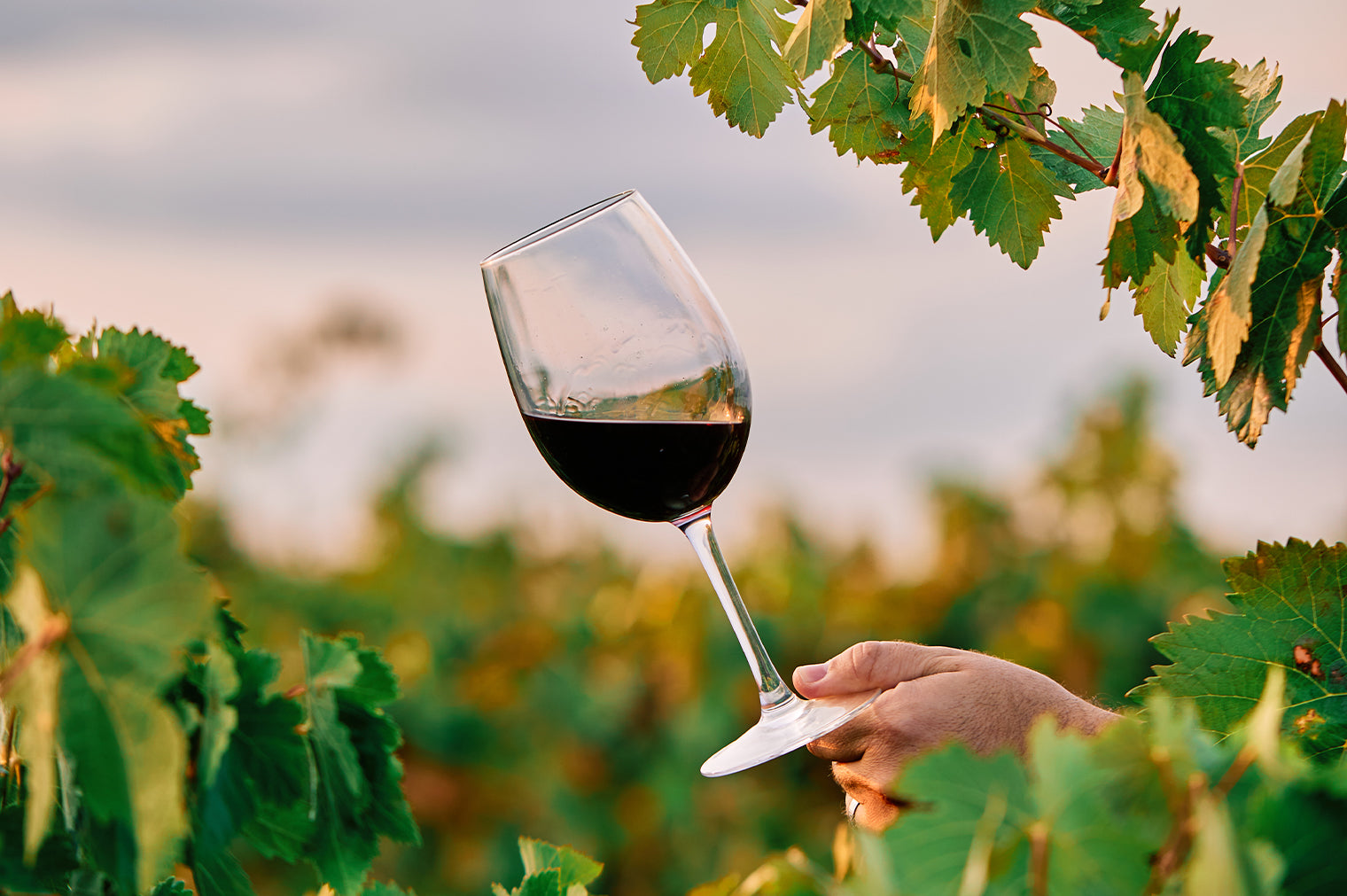

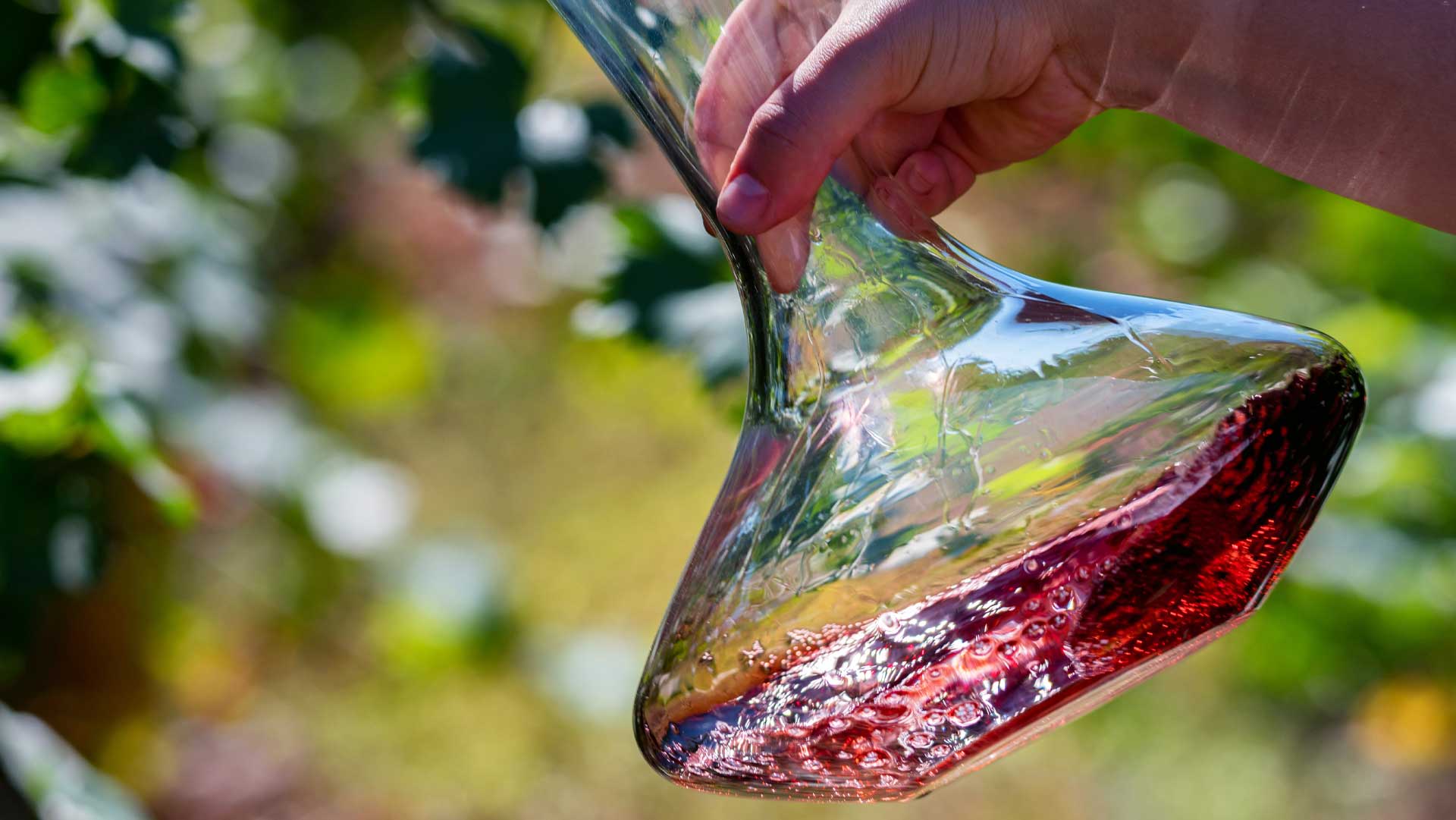

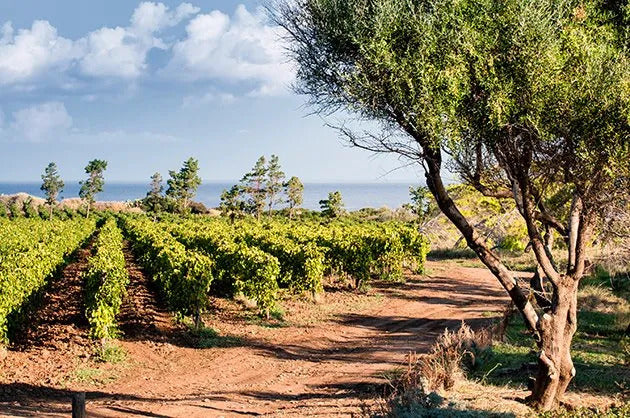
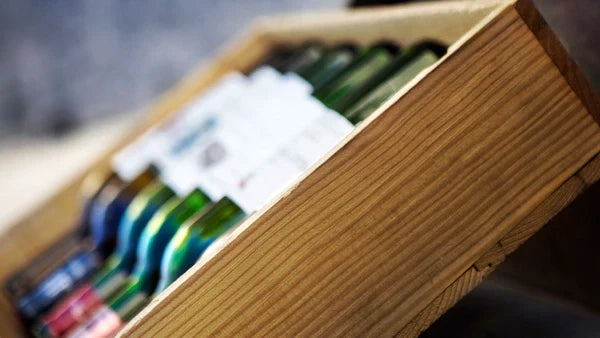
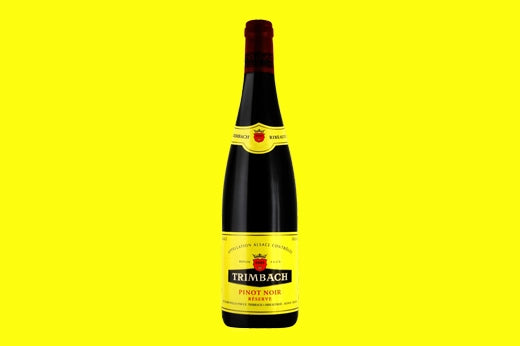

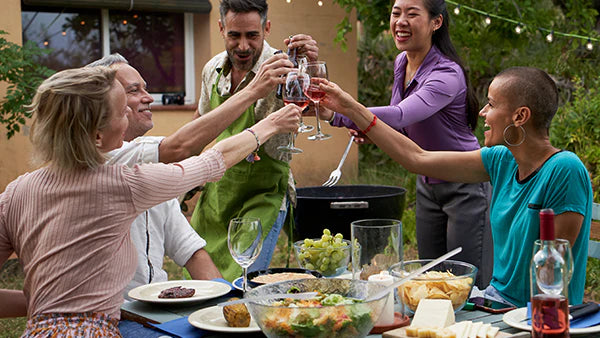
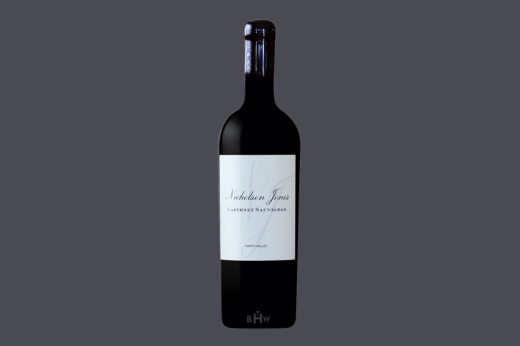


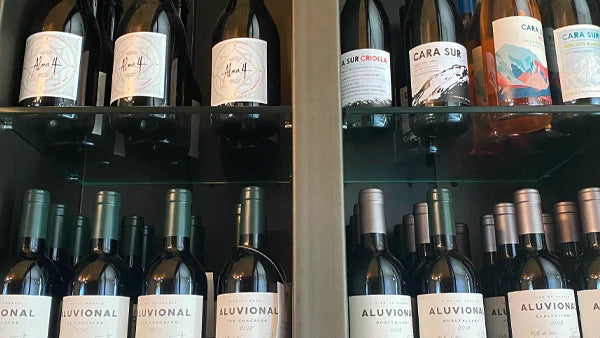


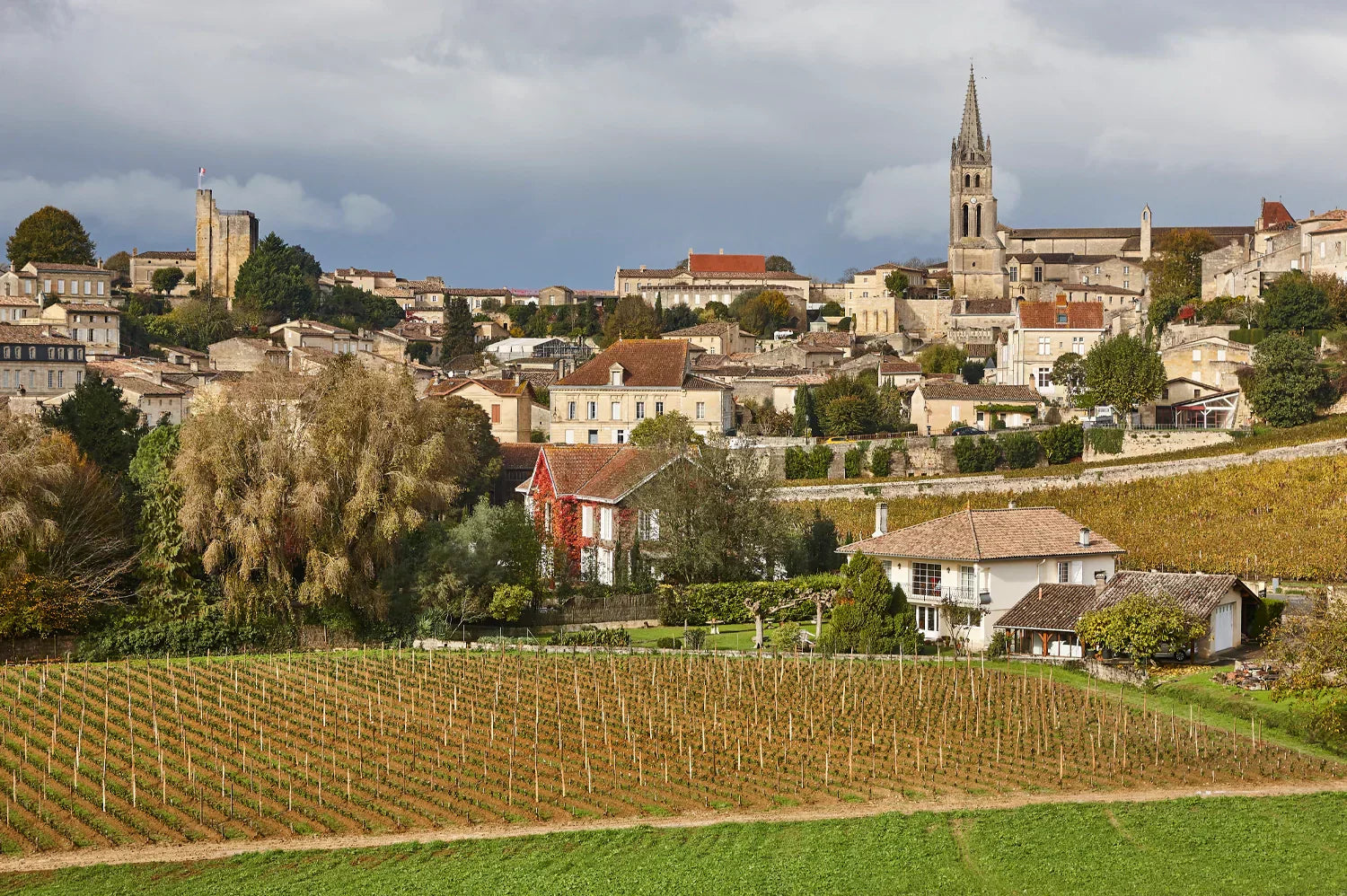
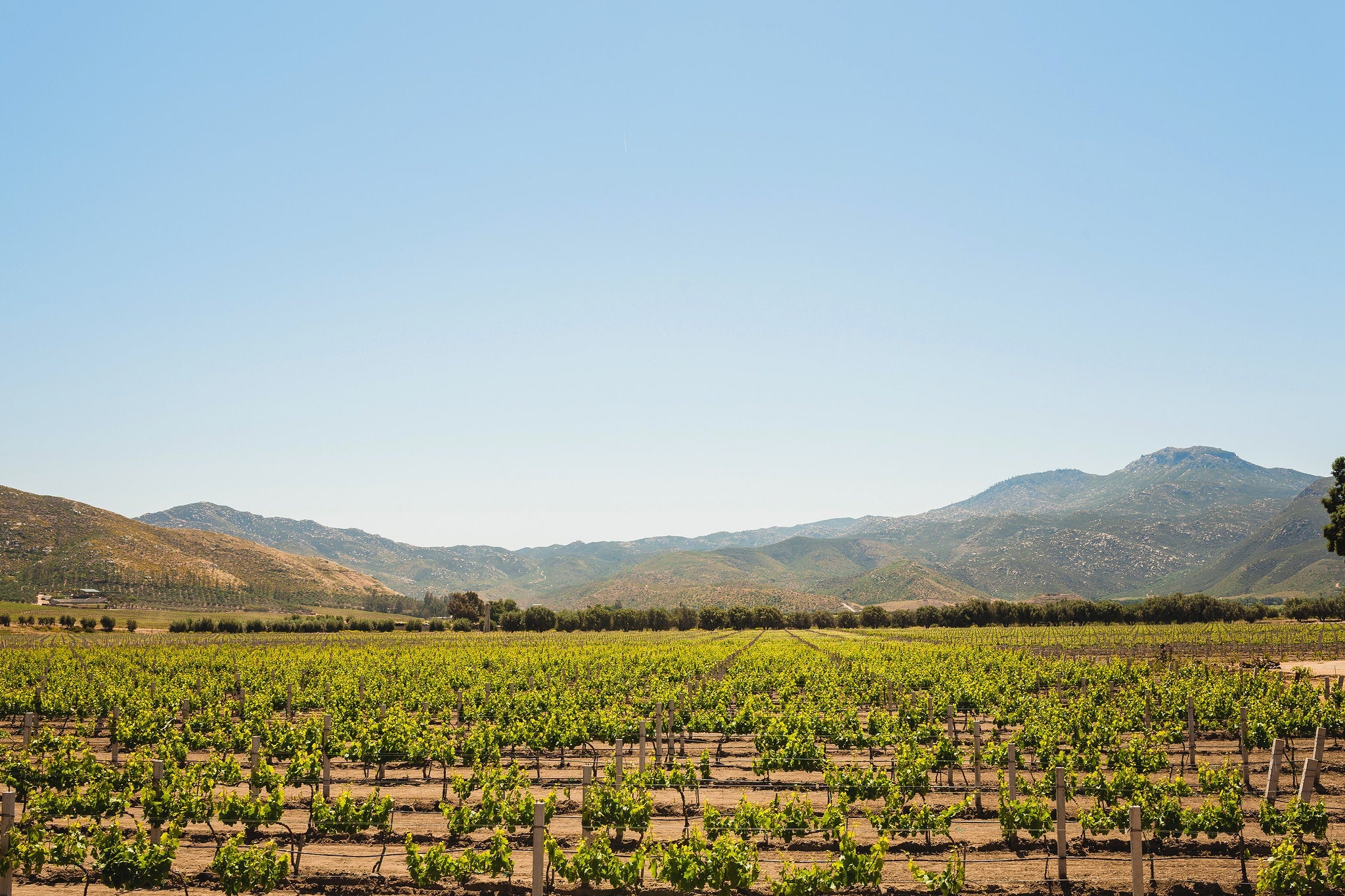
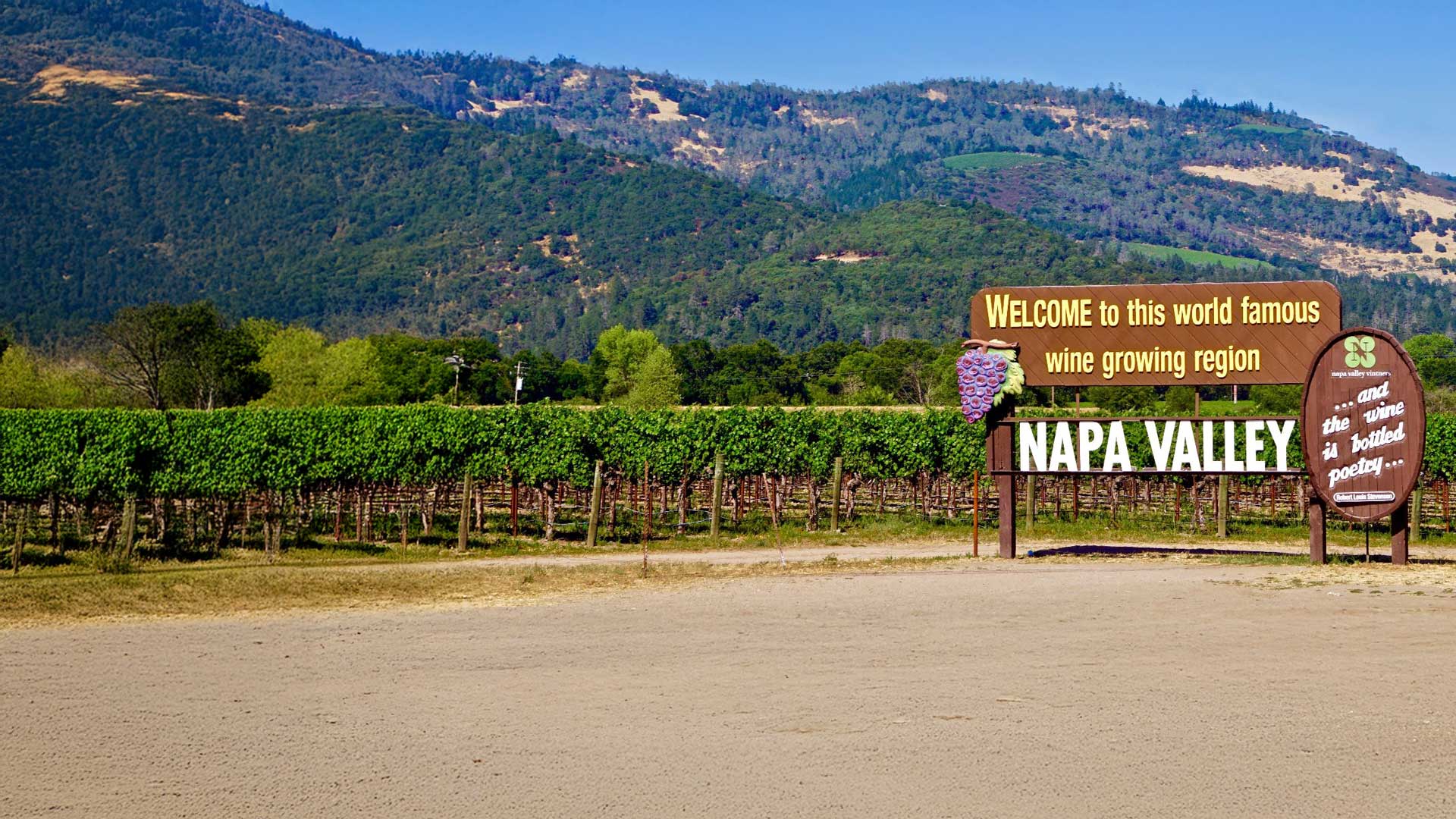
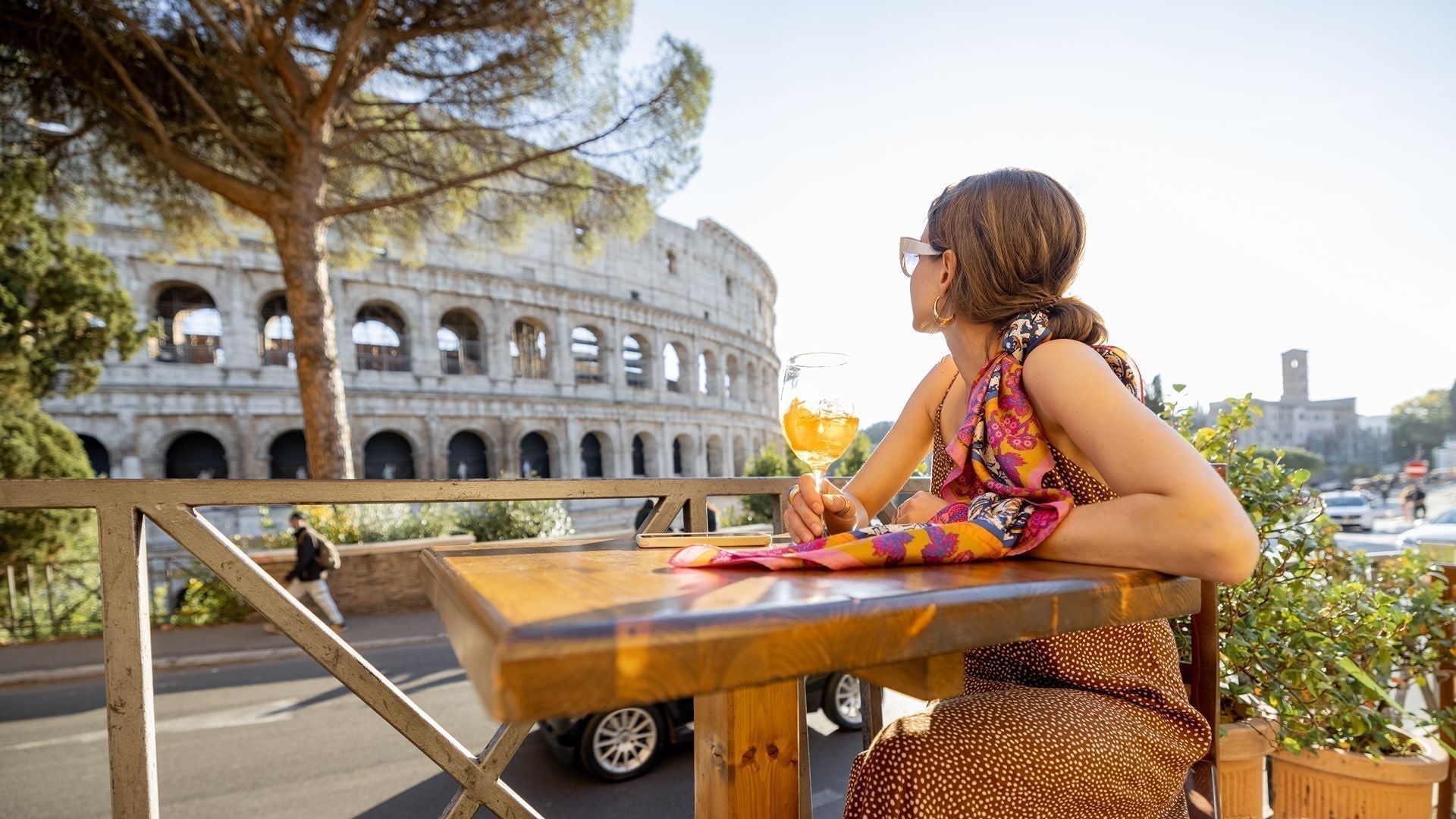

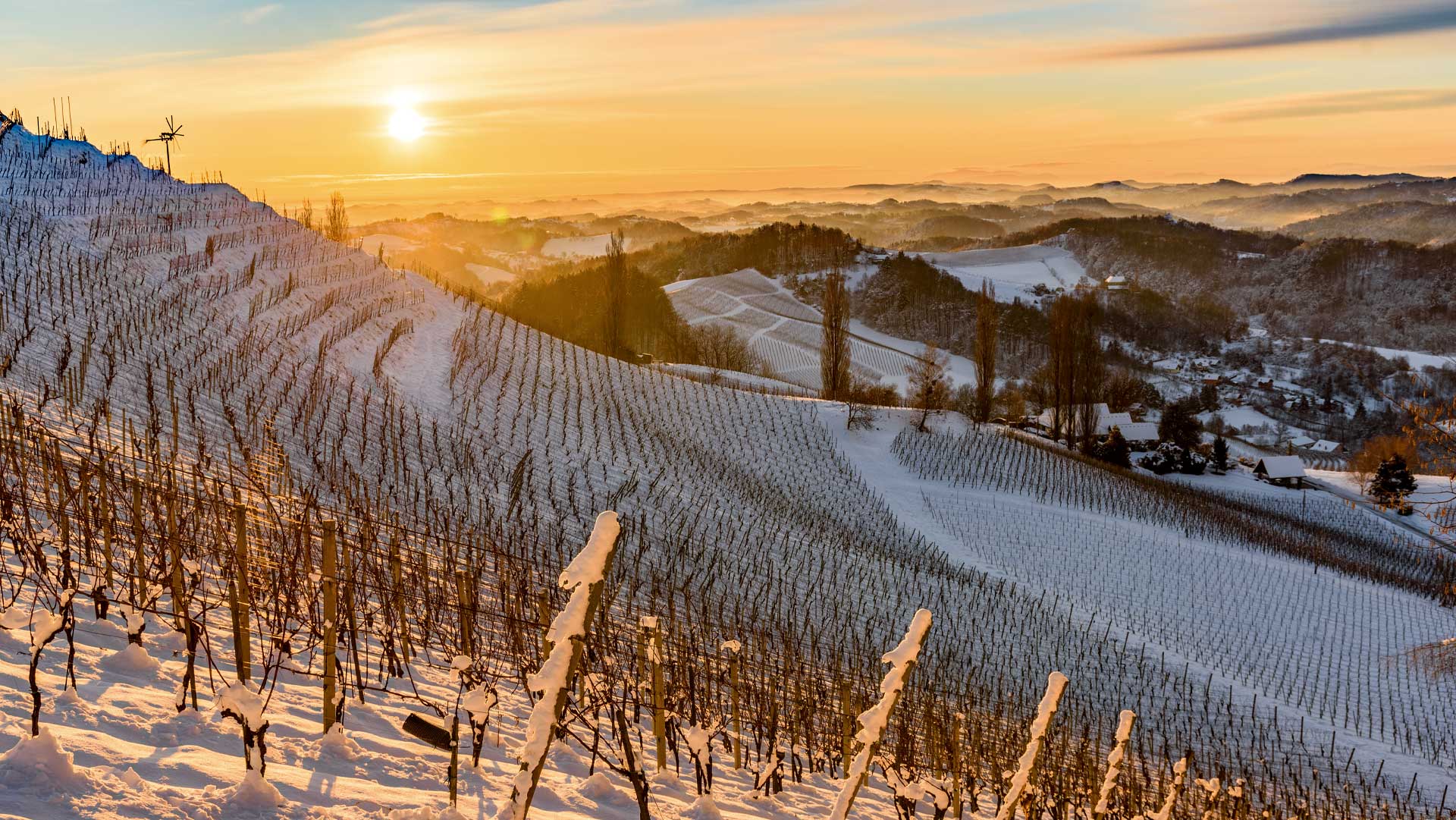
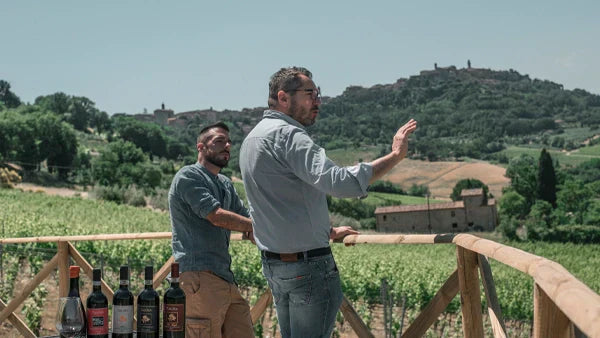

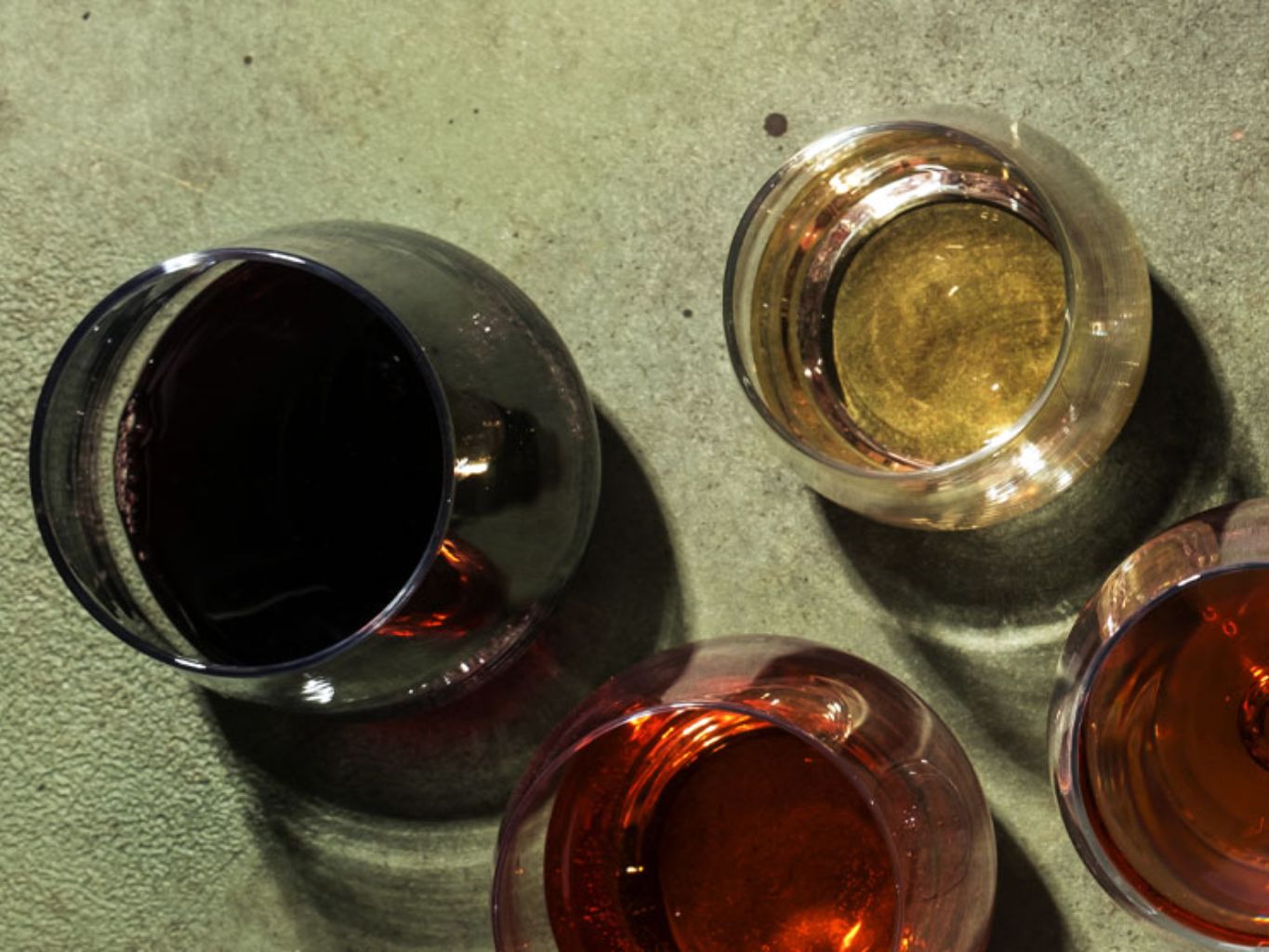
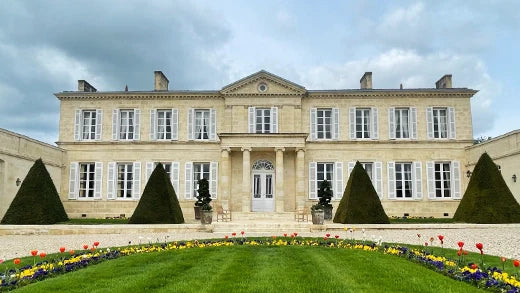
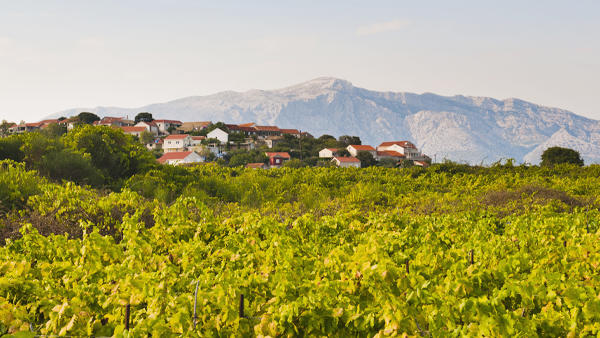
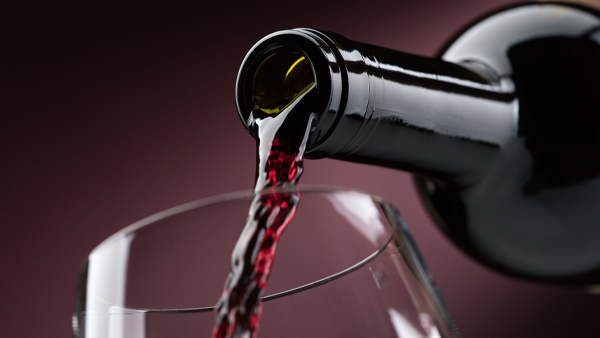
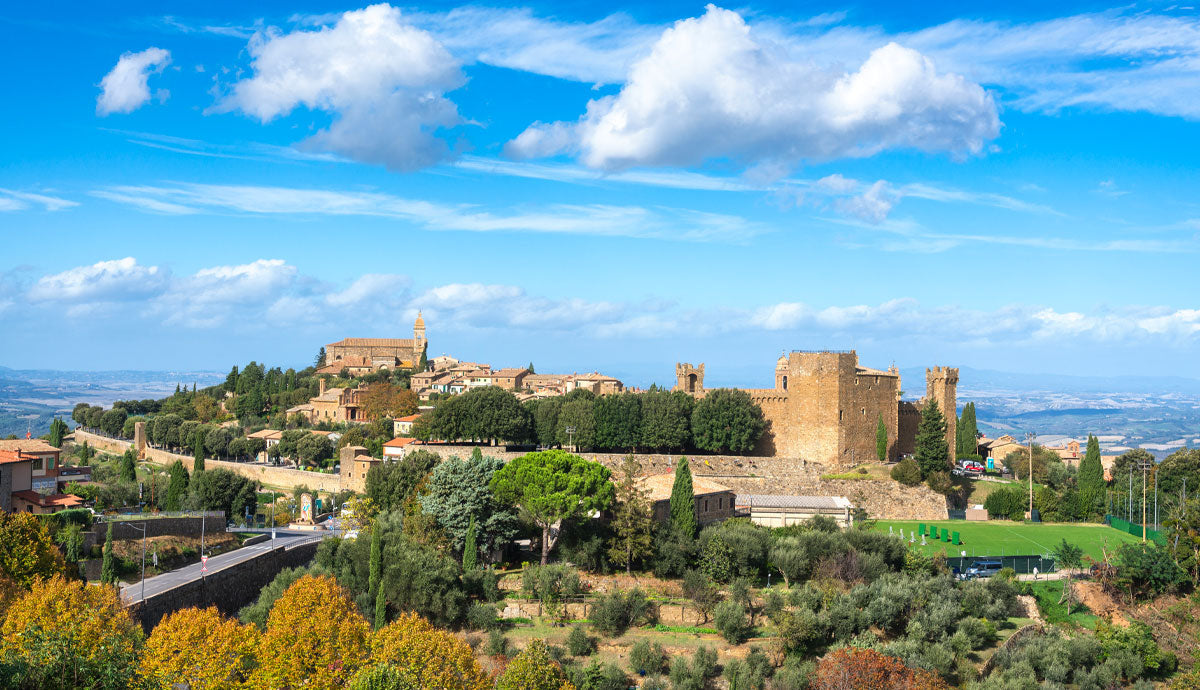
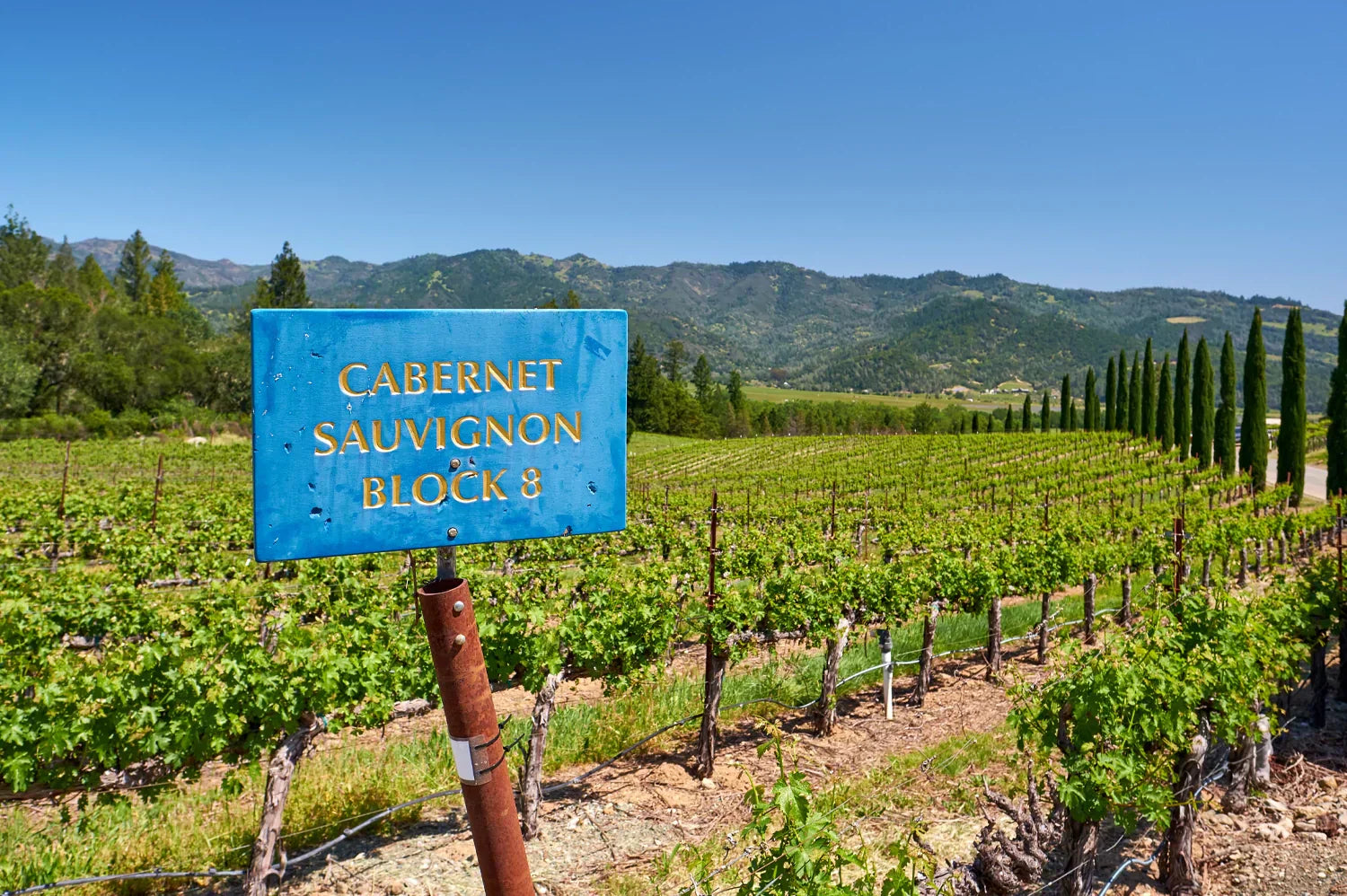
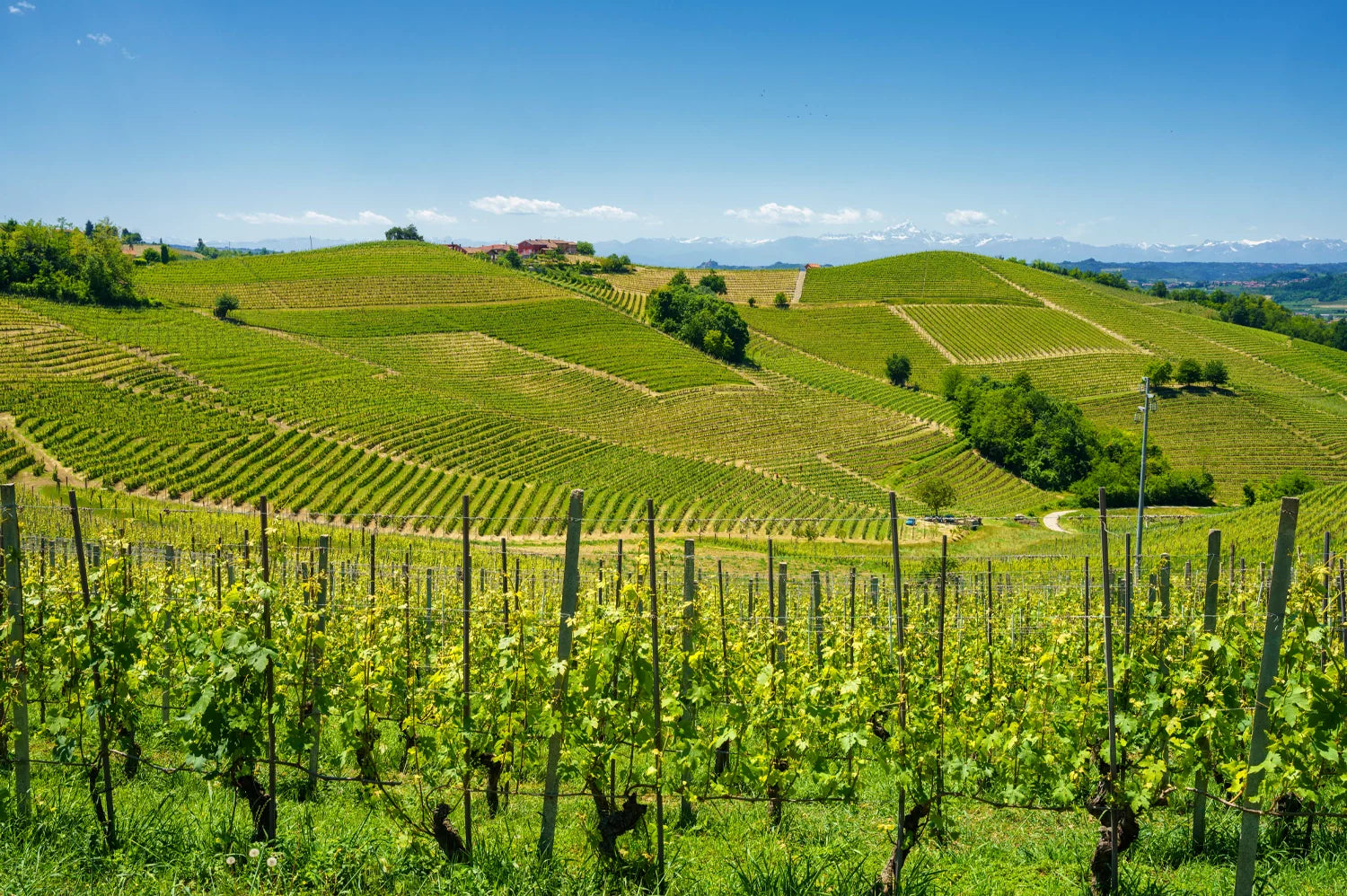
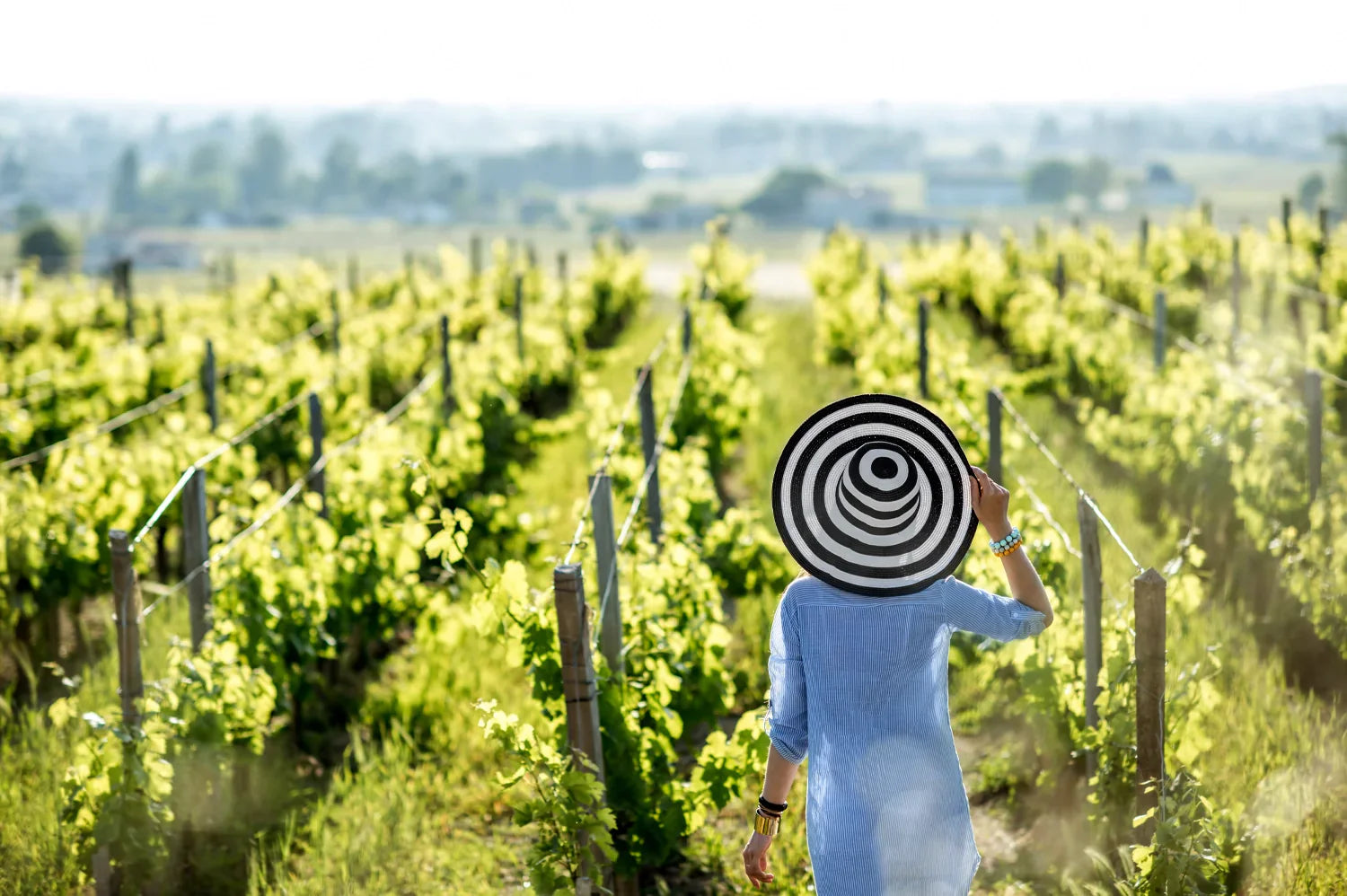
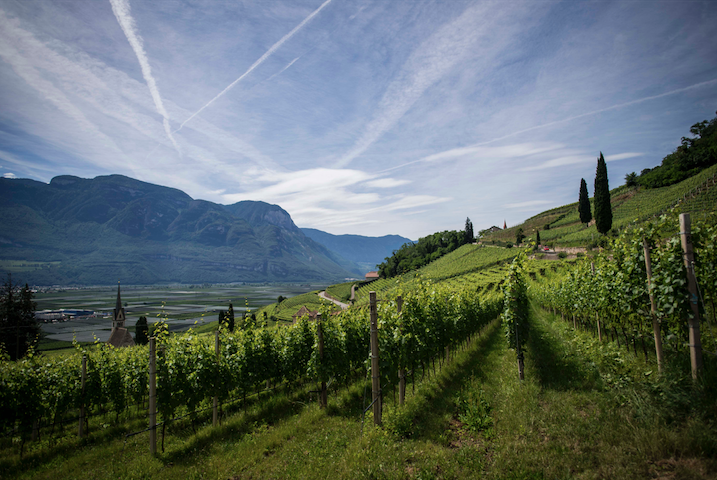
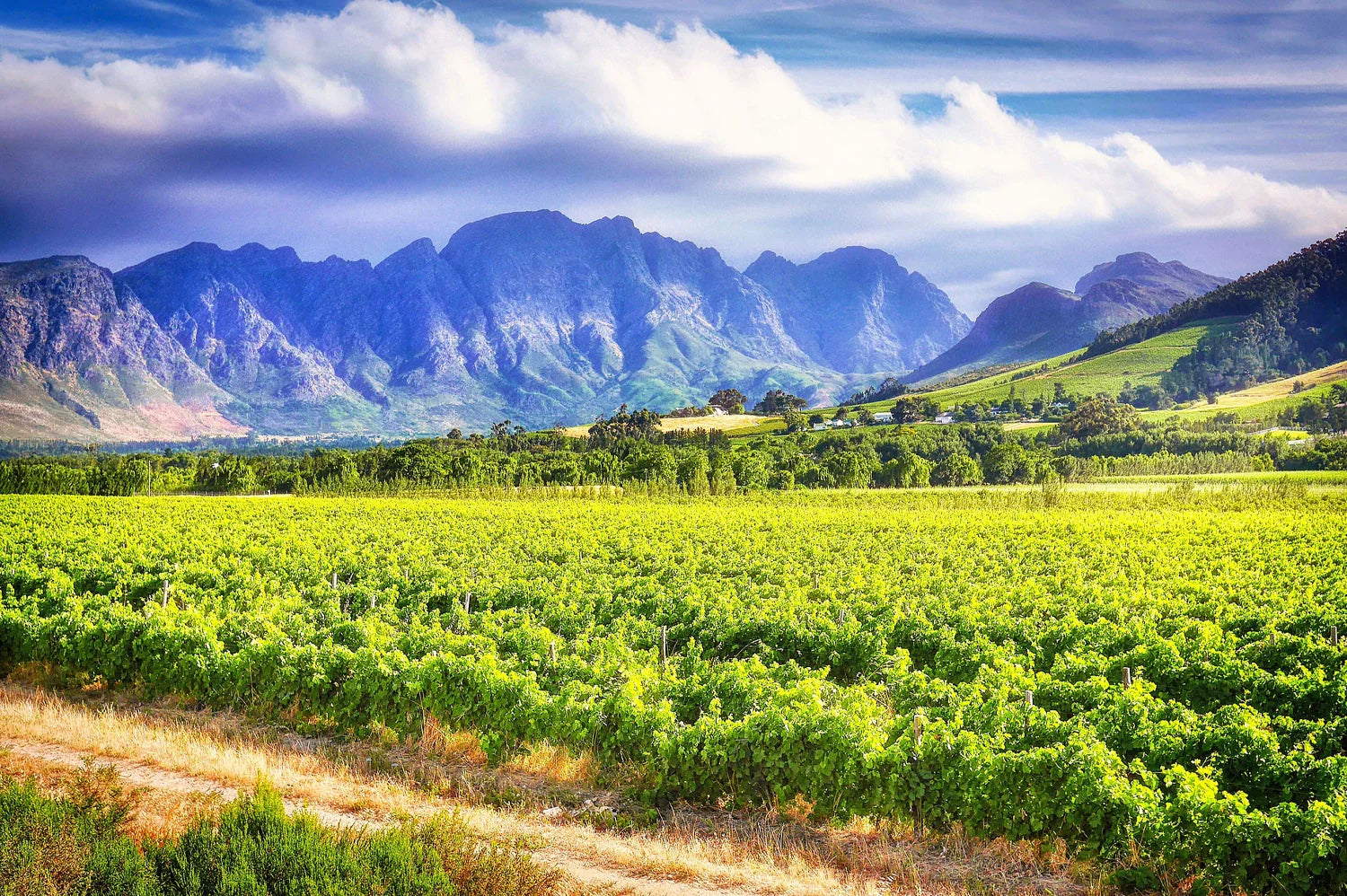
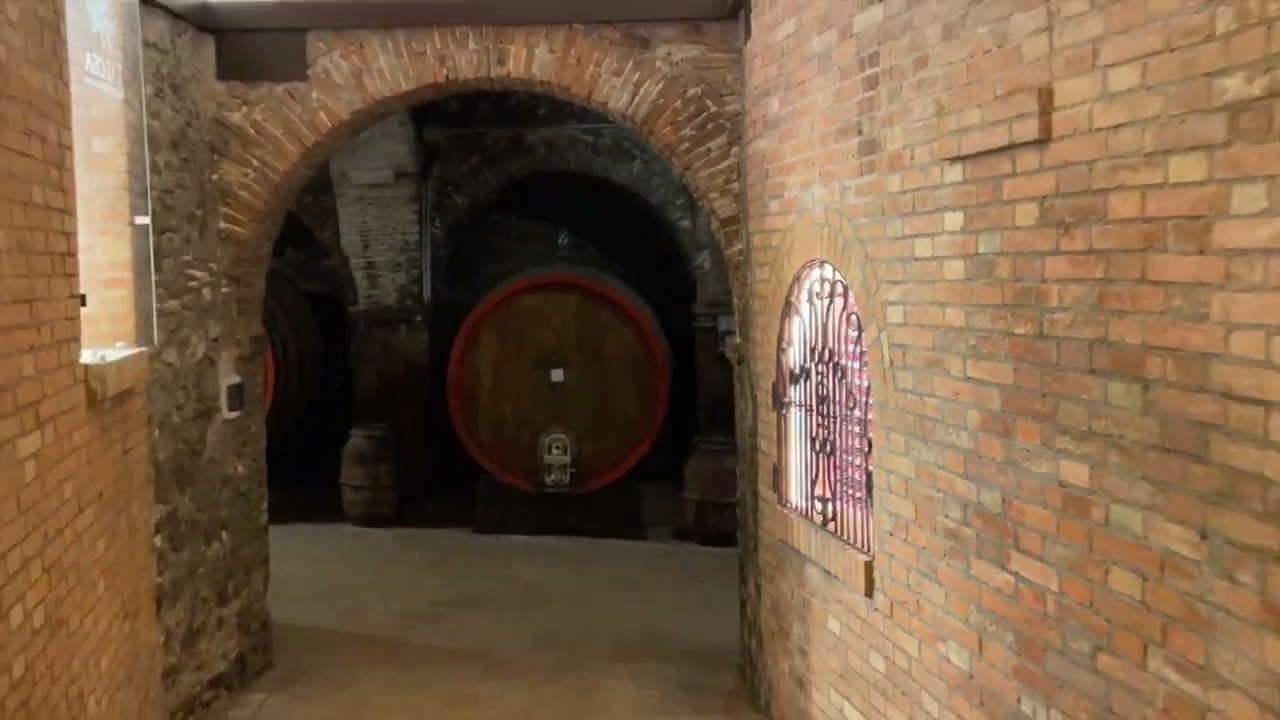

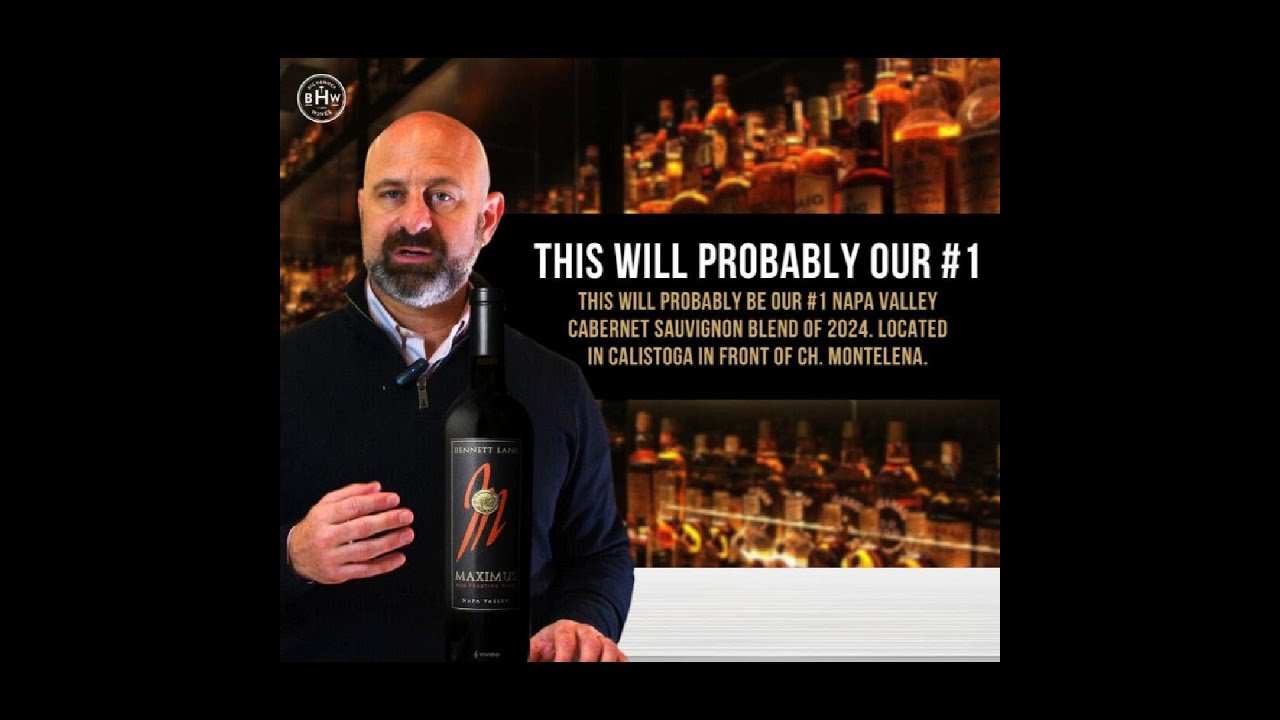
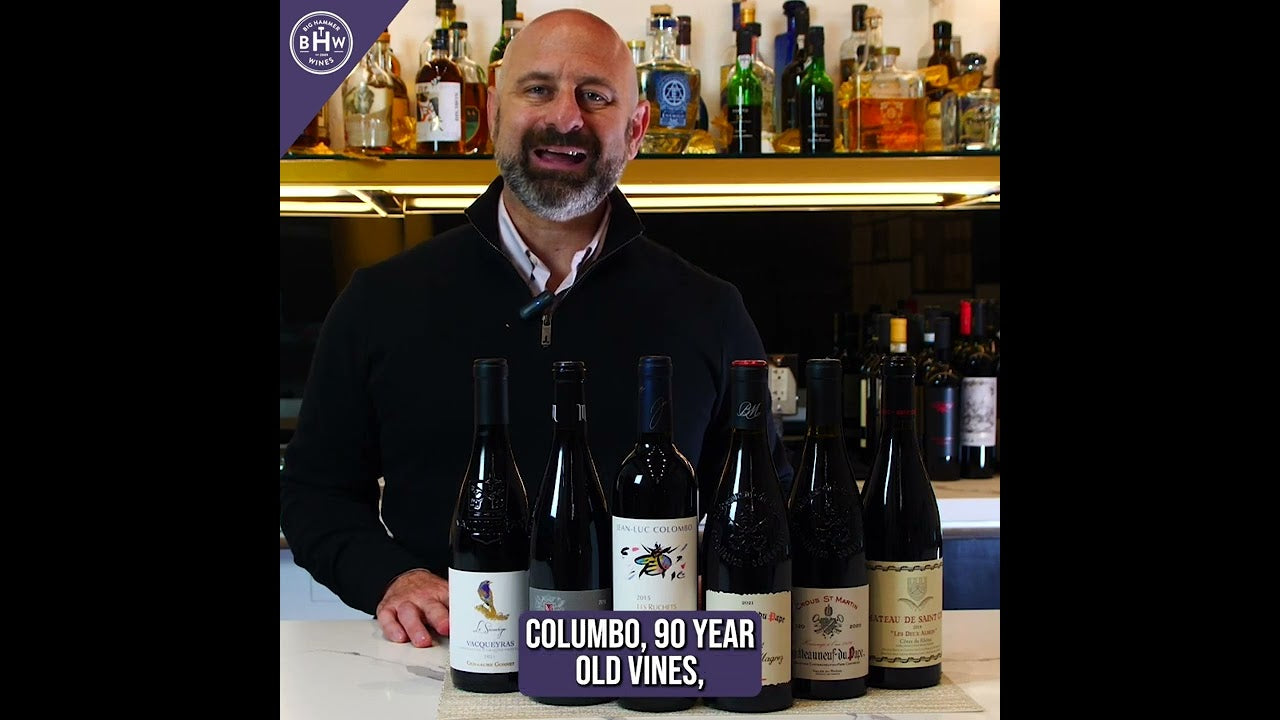
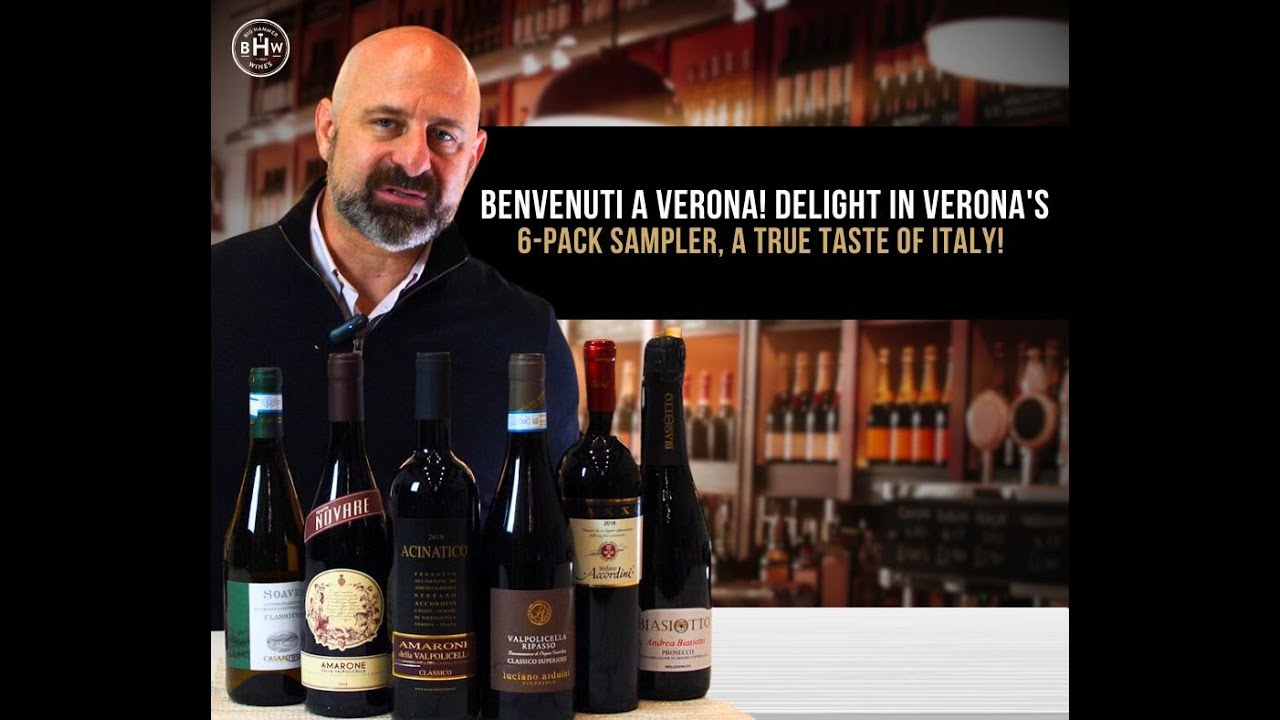
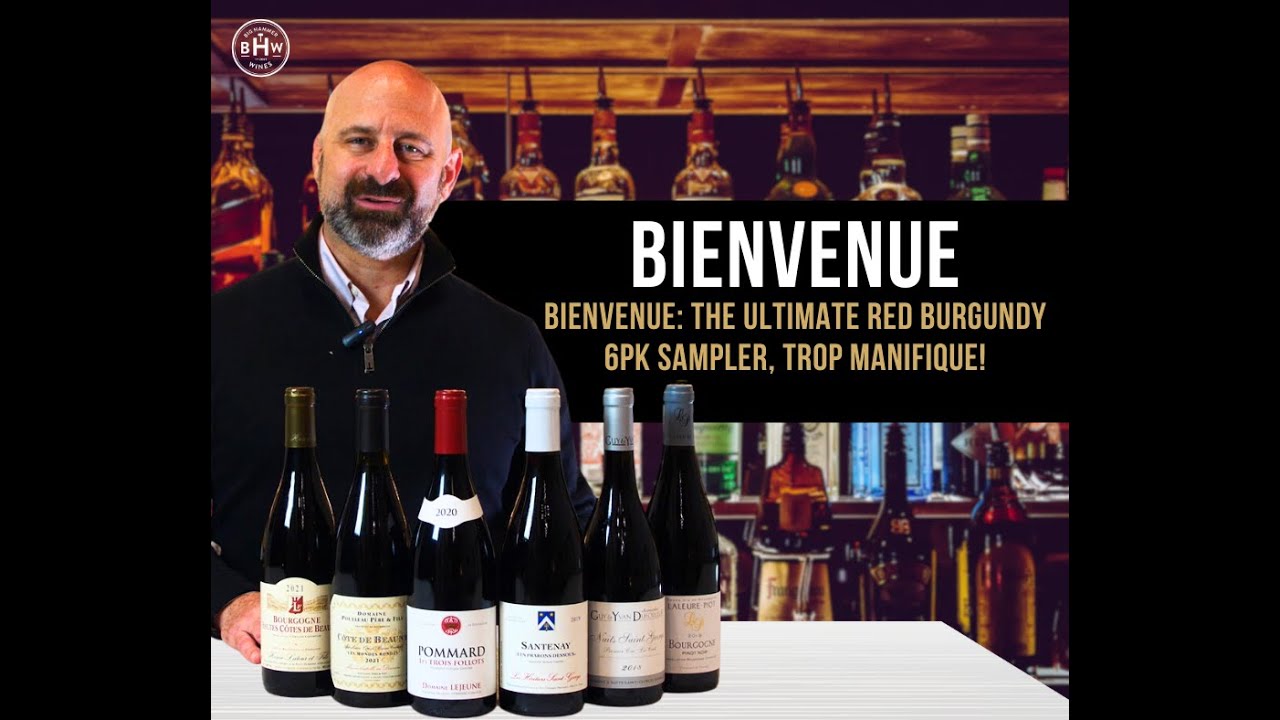
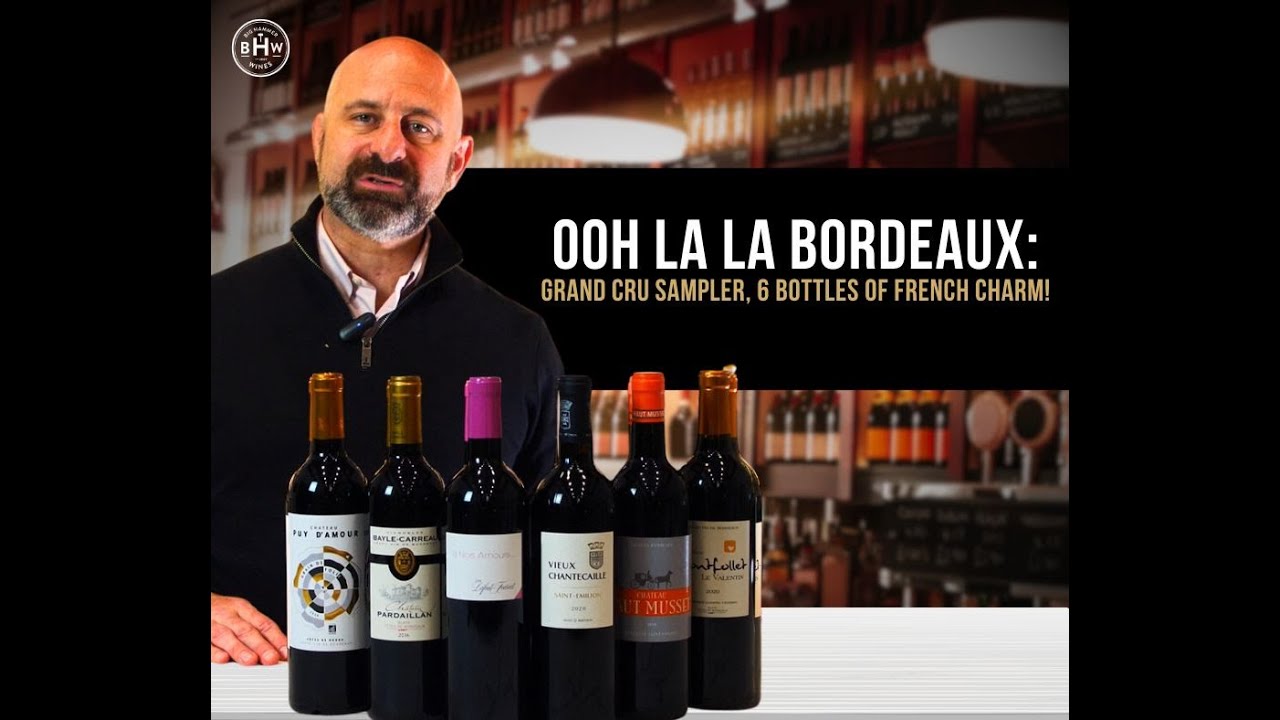
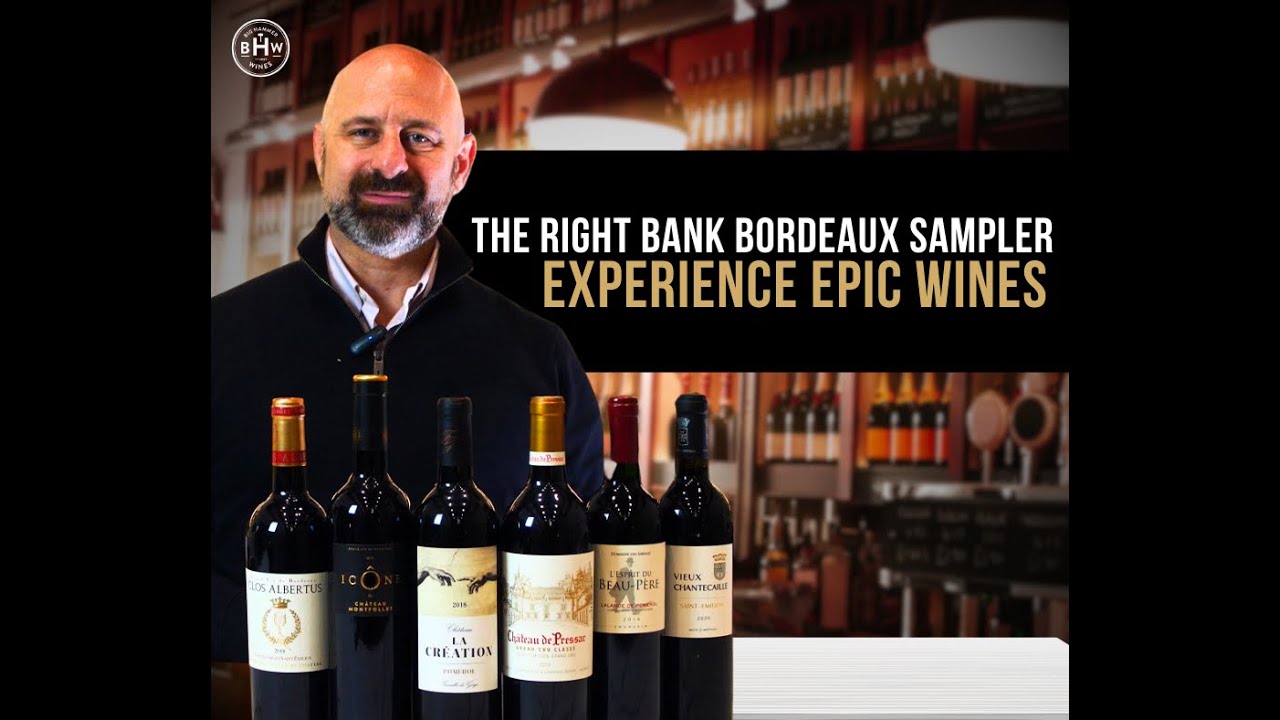
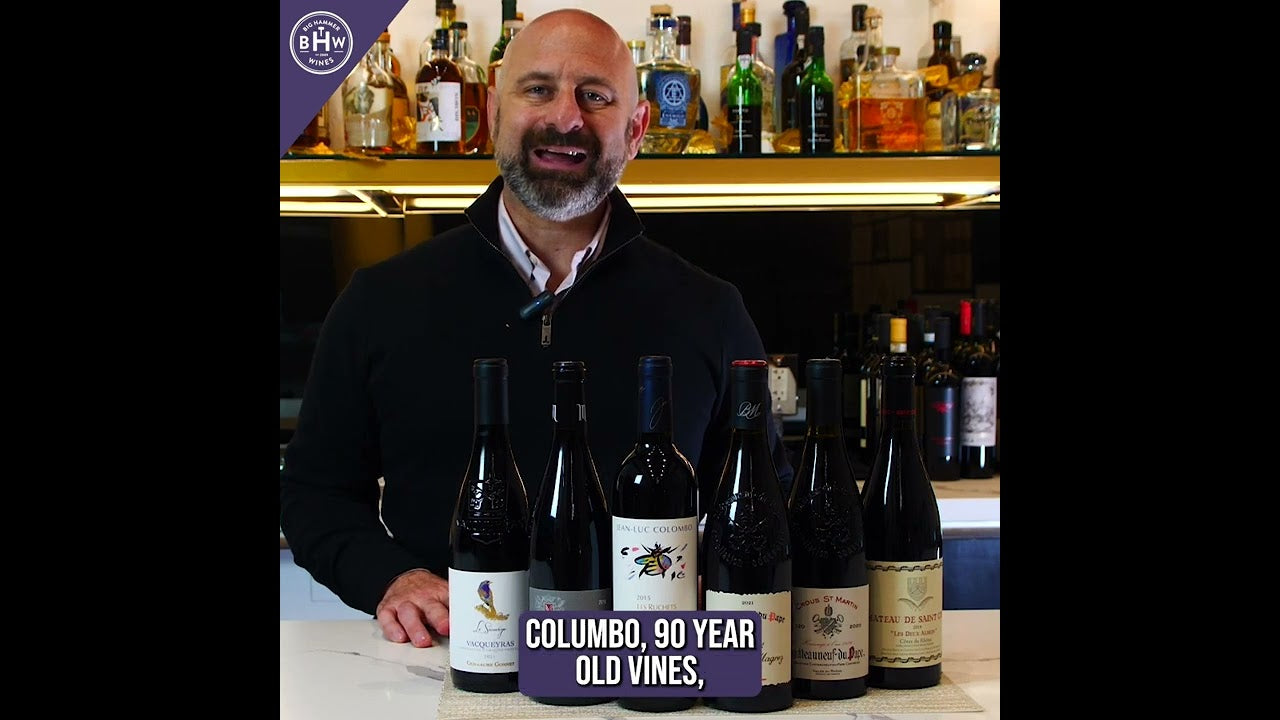
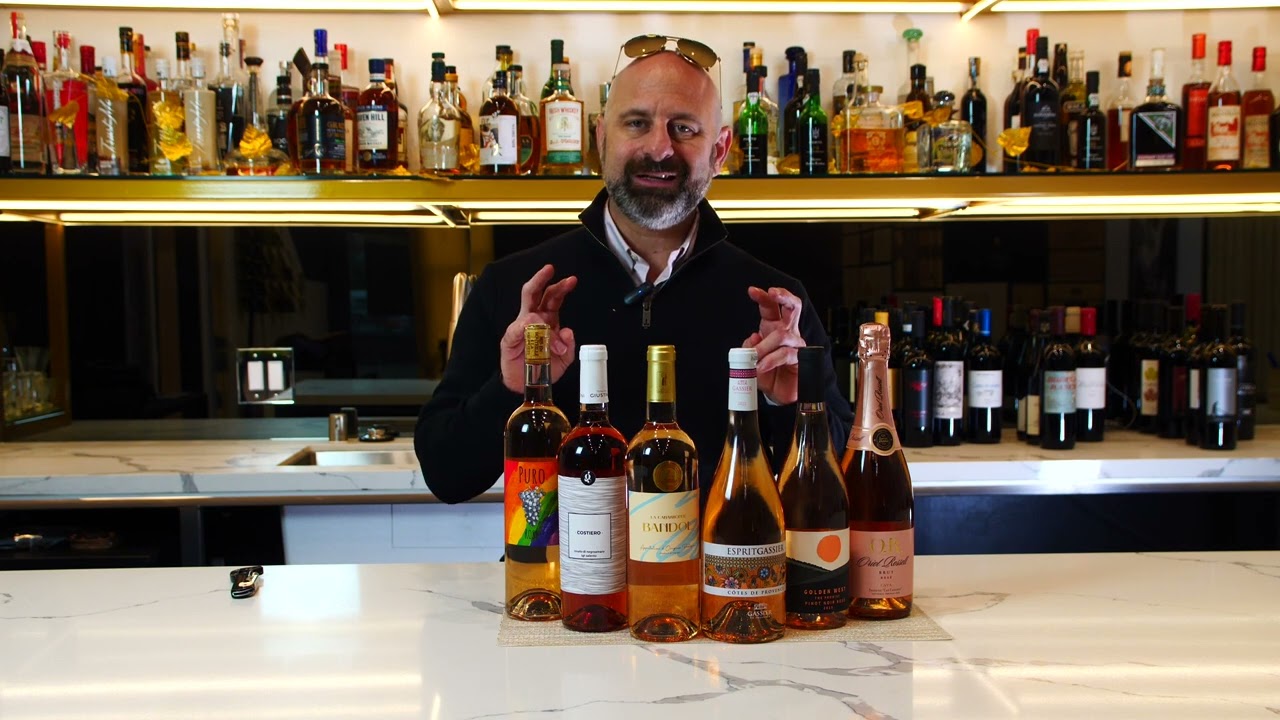
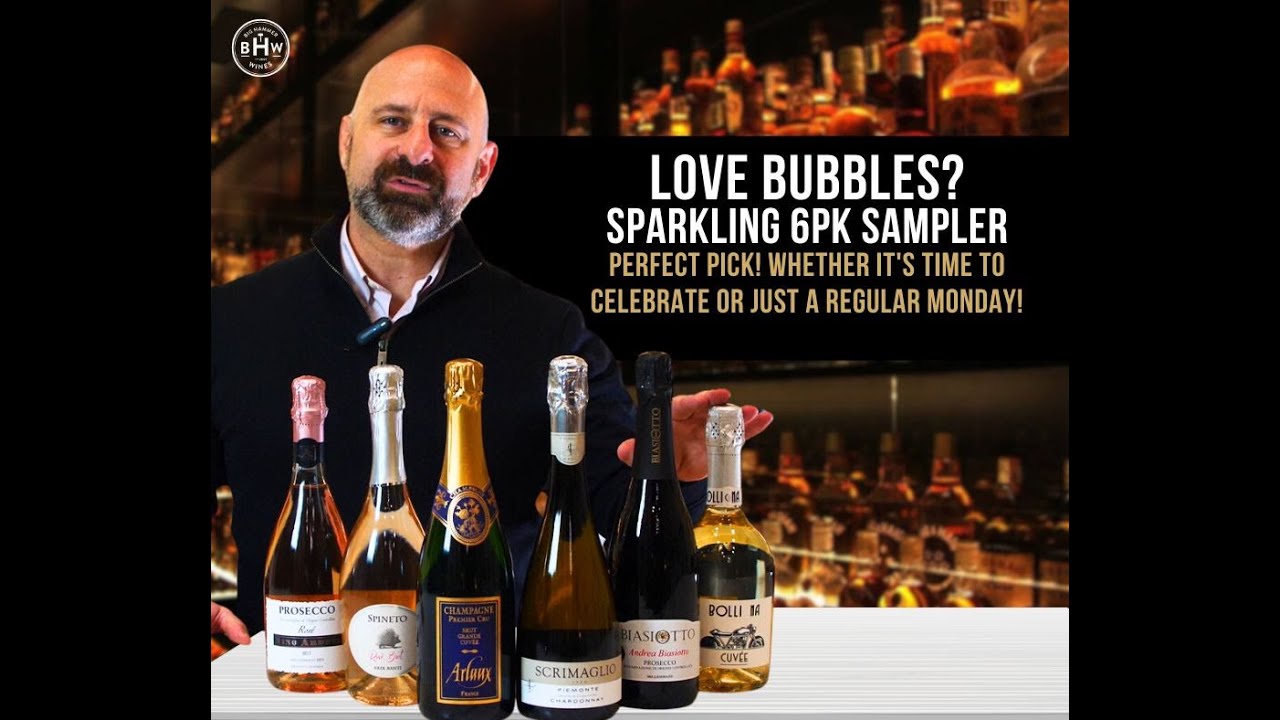
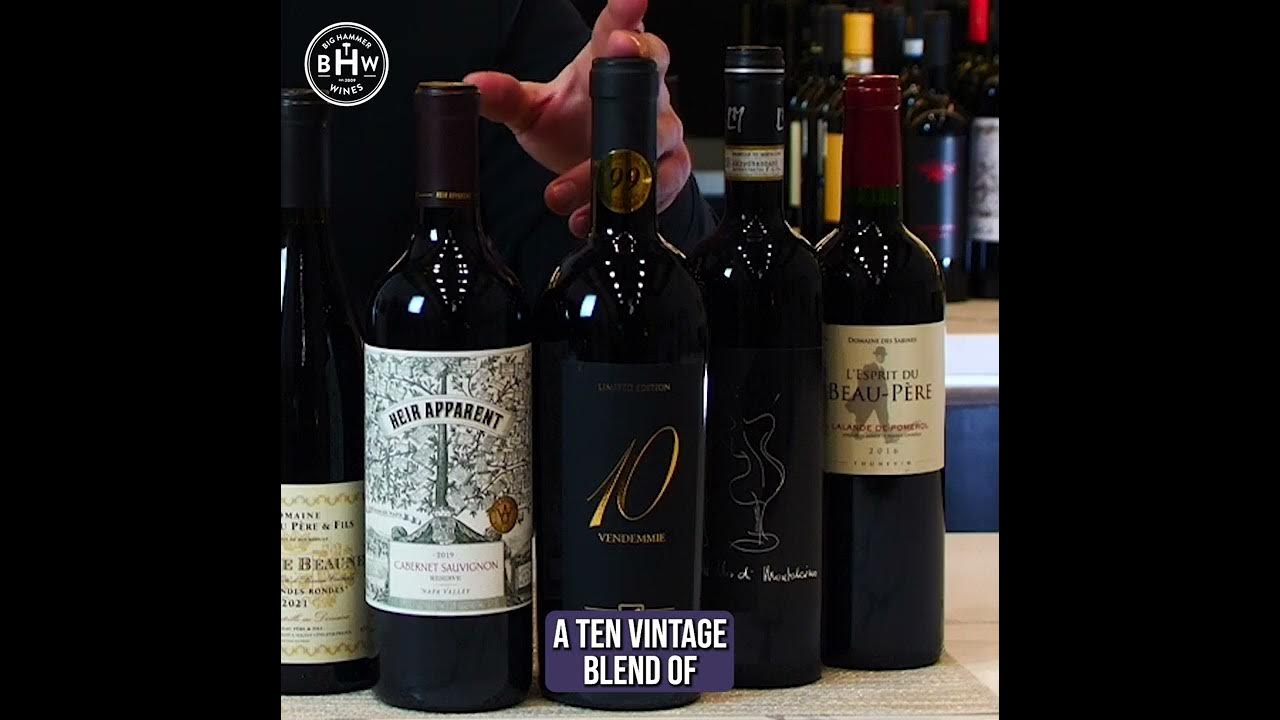
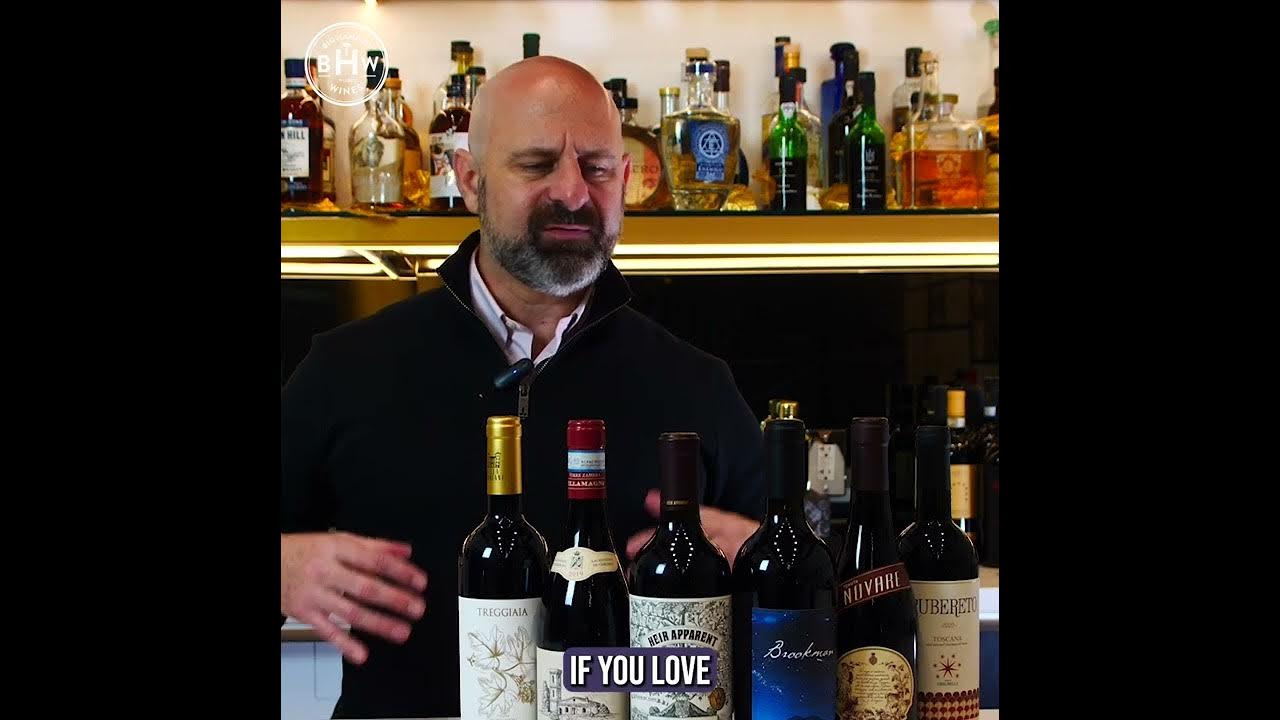
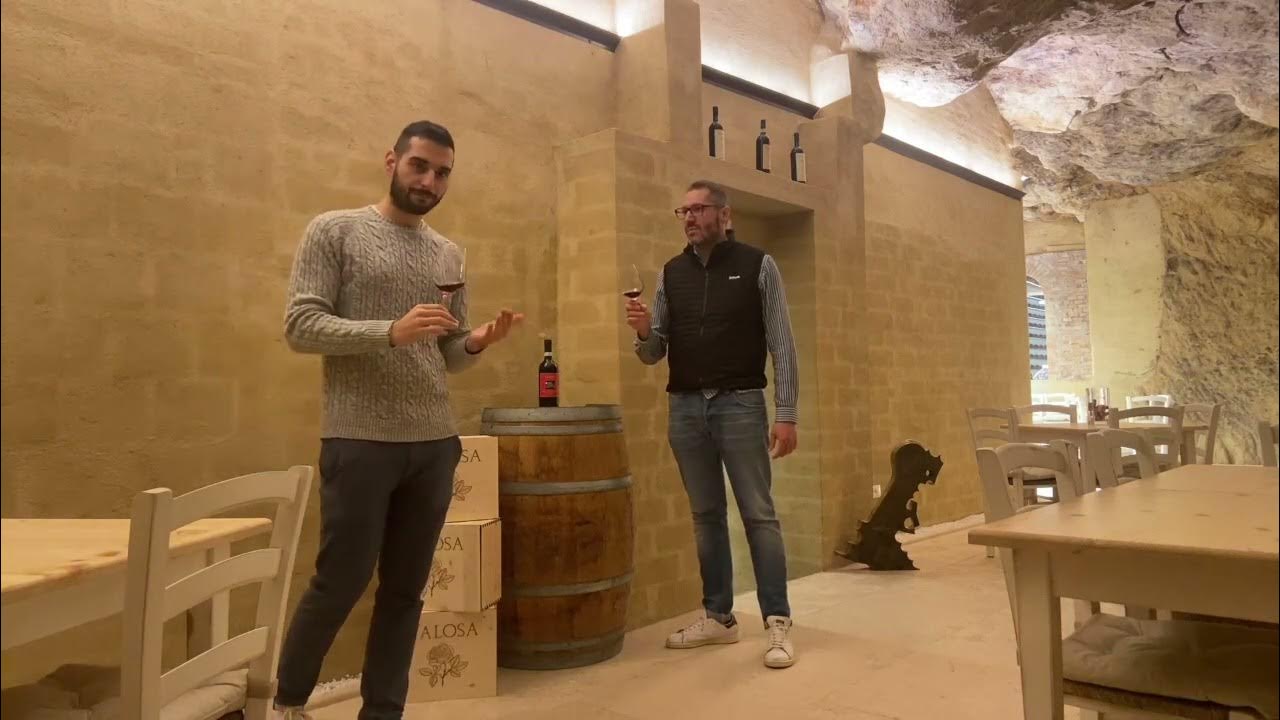
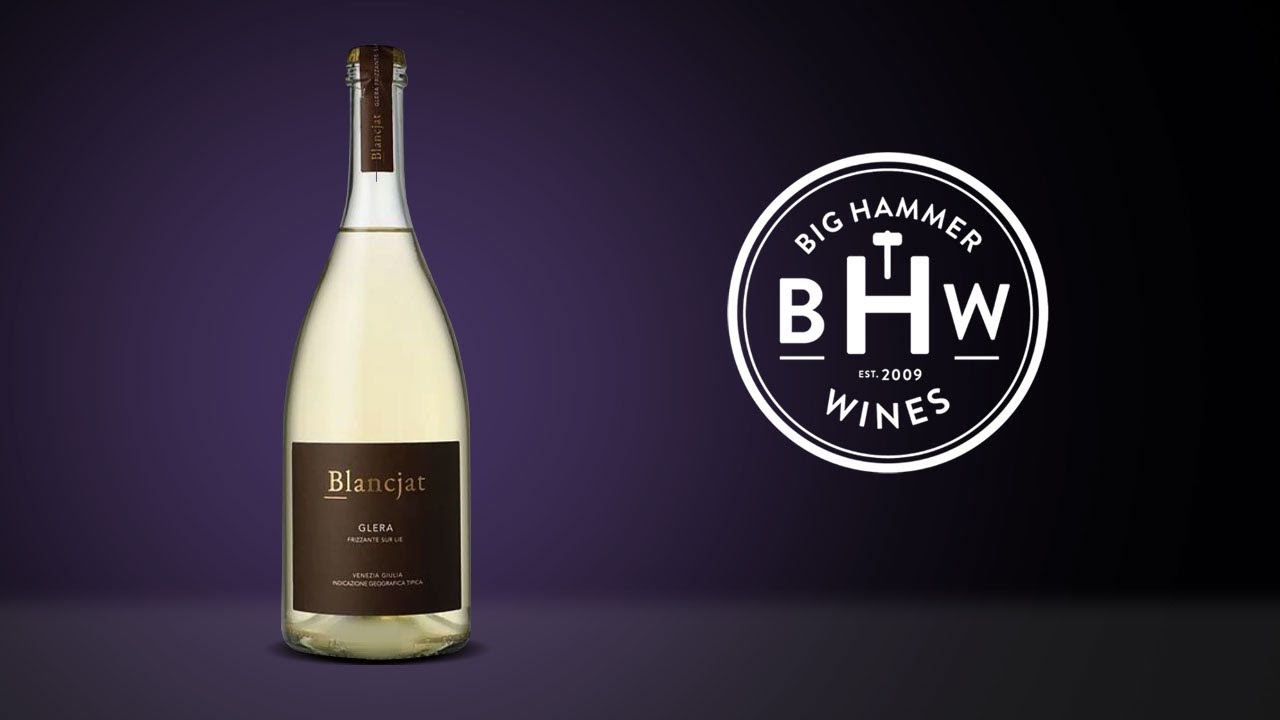
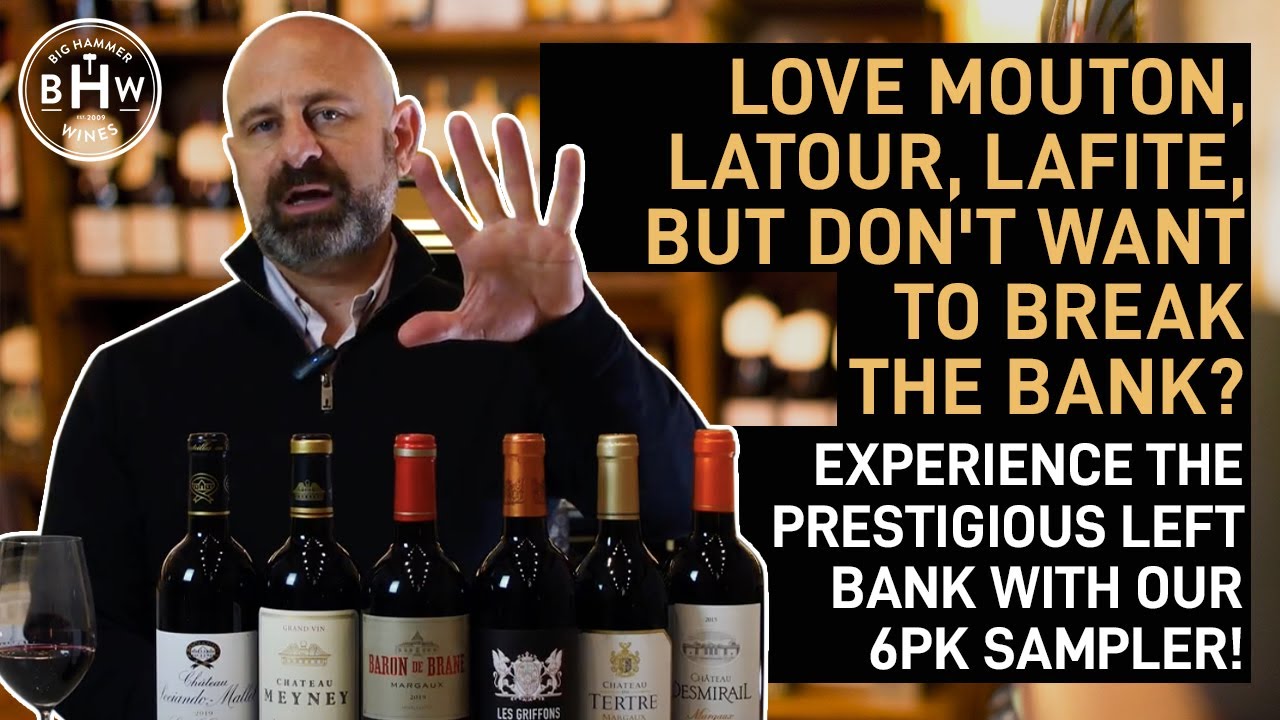
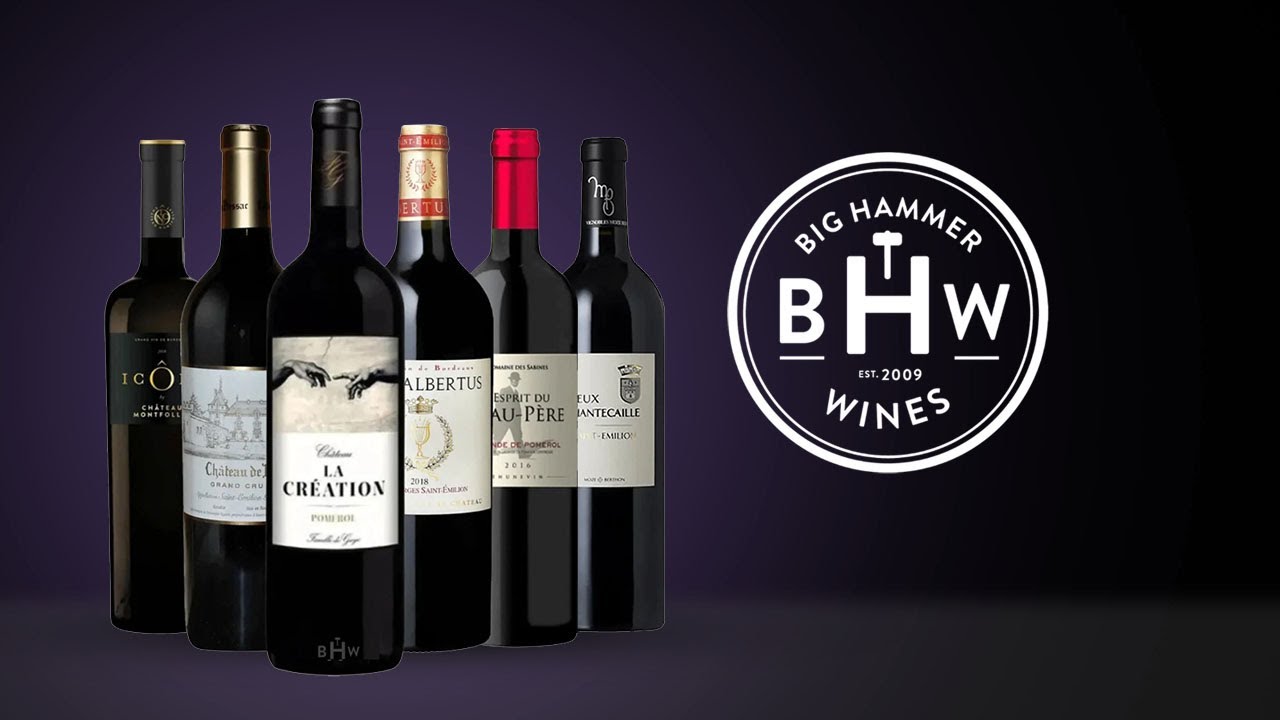
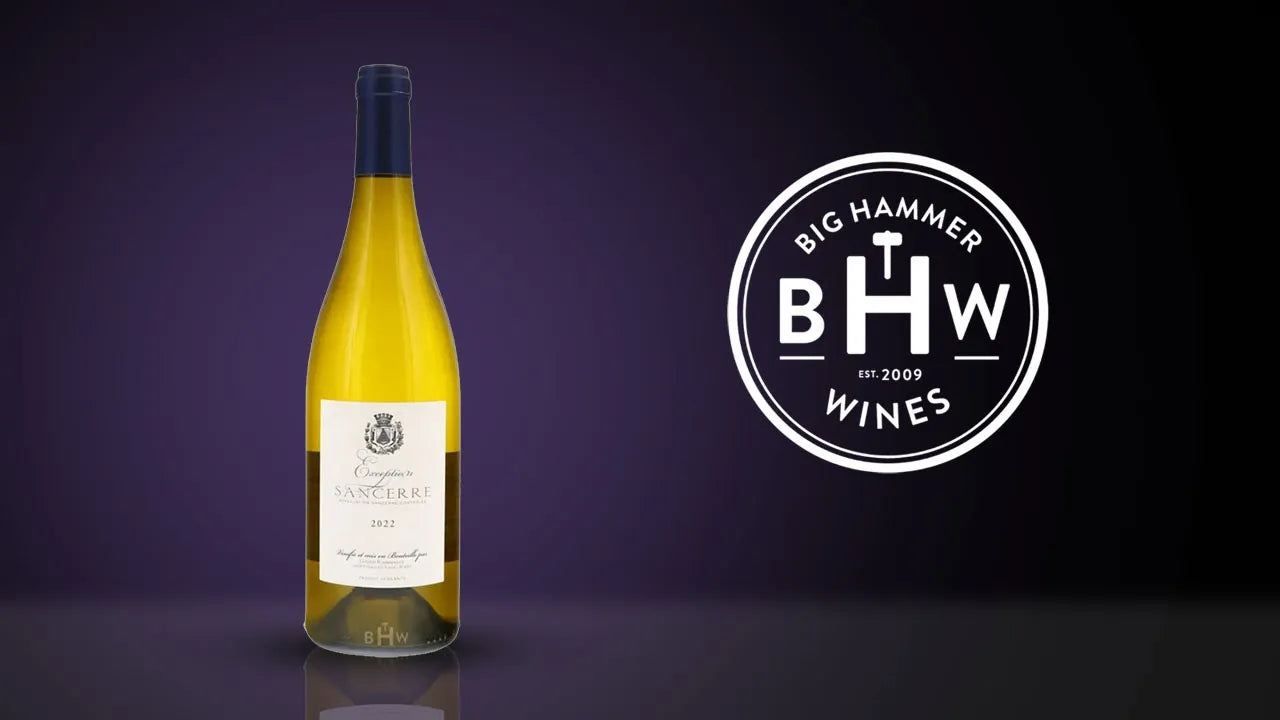
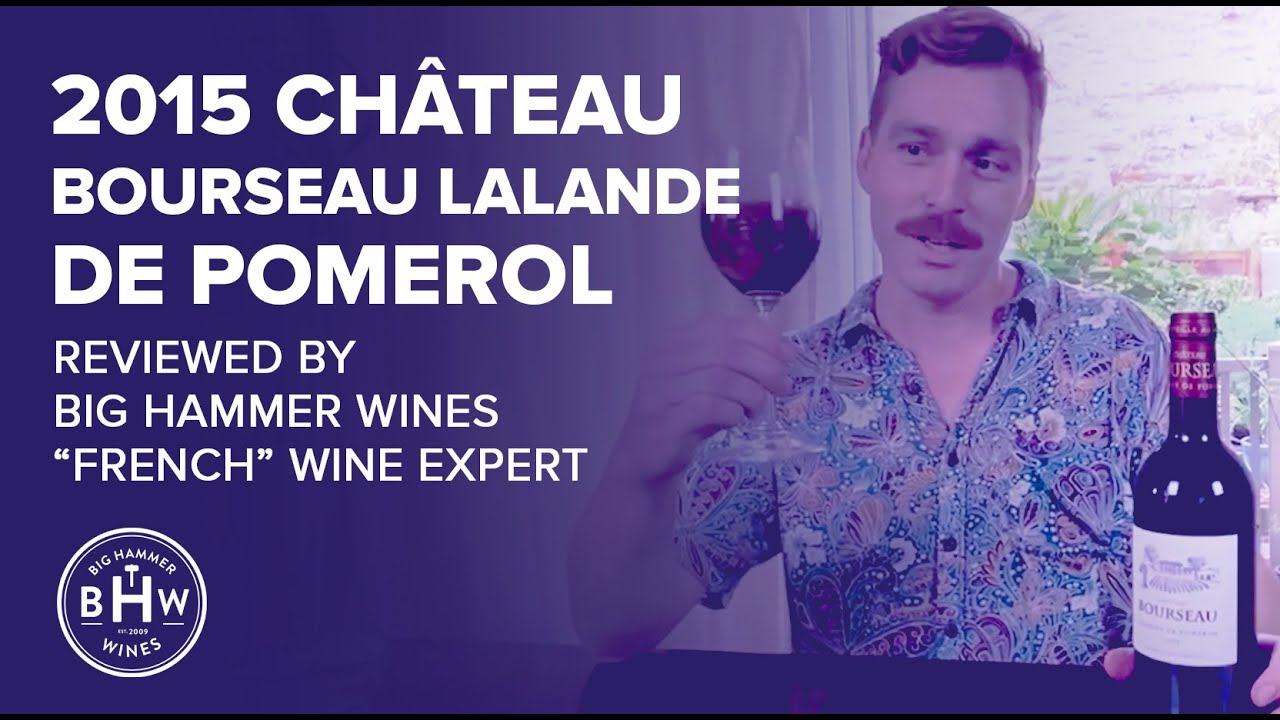
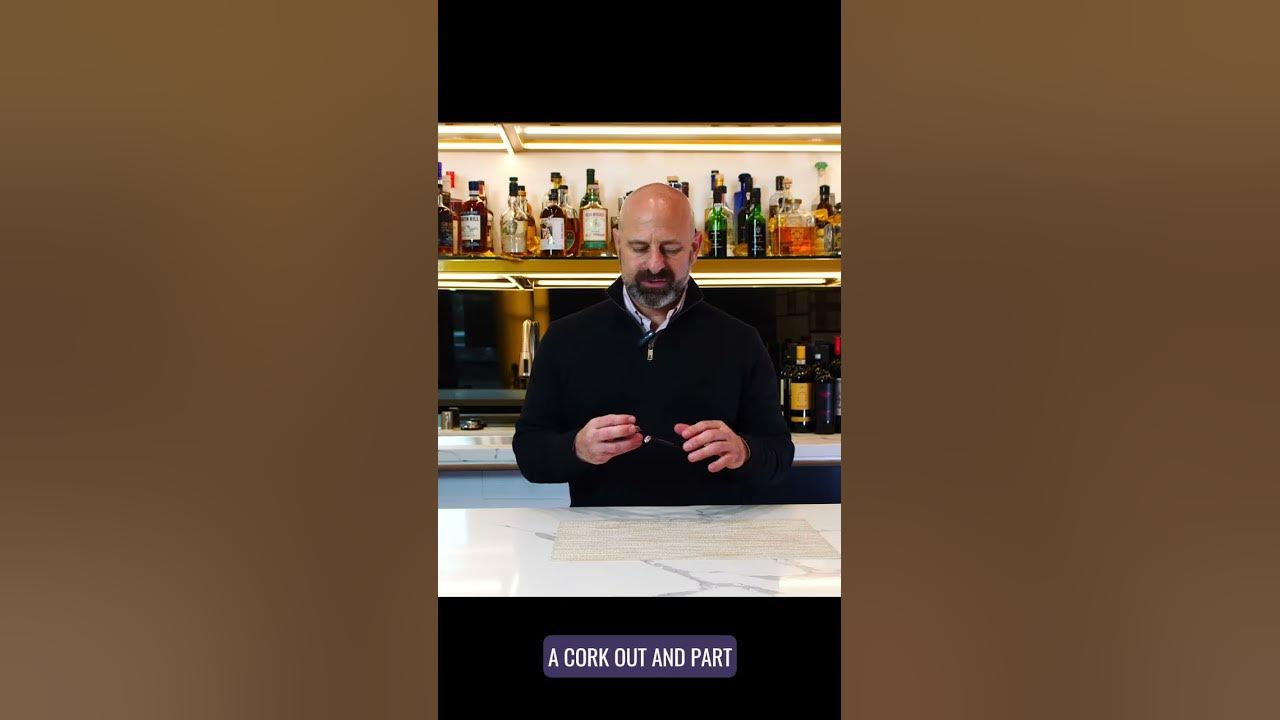
Share:
Puros Vinazos: A Unique New Wine Website Just for Spanish-Speaking Wine Lovers
10 Captivating Valentine’s Day Wines to Refresh Your Relationship in 2021
Comments Section
1 comment
This is a great article Greg! Having spent the bulk of my career in the Tech business (automated circuit board assembly and inspection) I know companies are utilizing the same tools- AI, IoT, Big Data, etc. to produce smarter, faster, more accurate machines. It only follows that these same Tech developments can enhance many aspects of the wine industry.